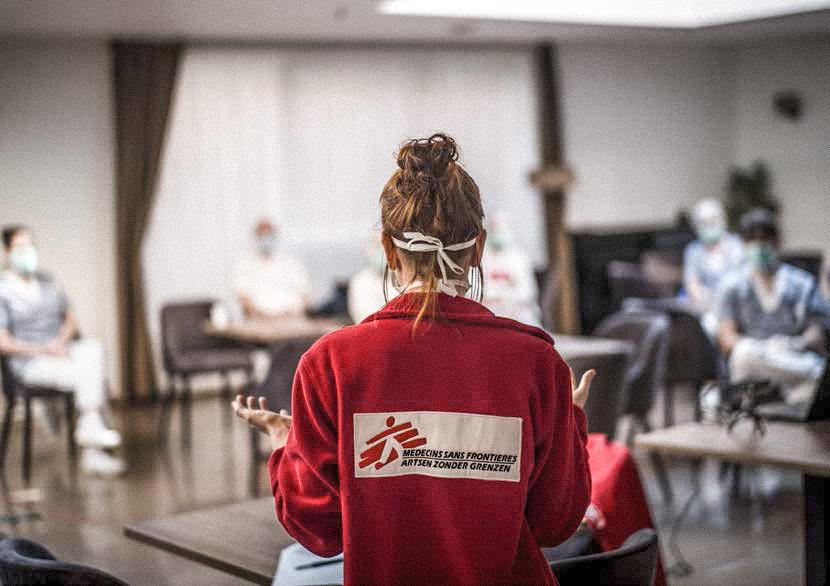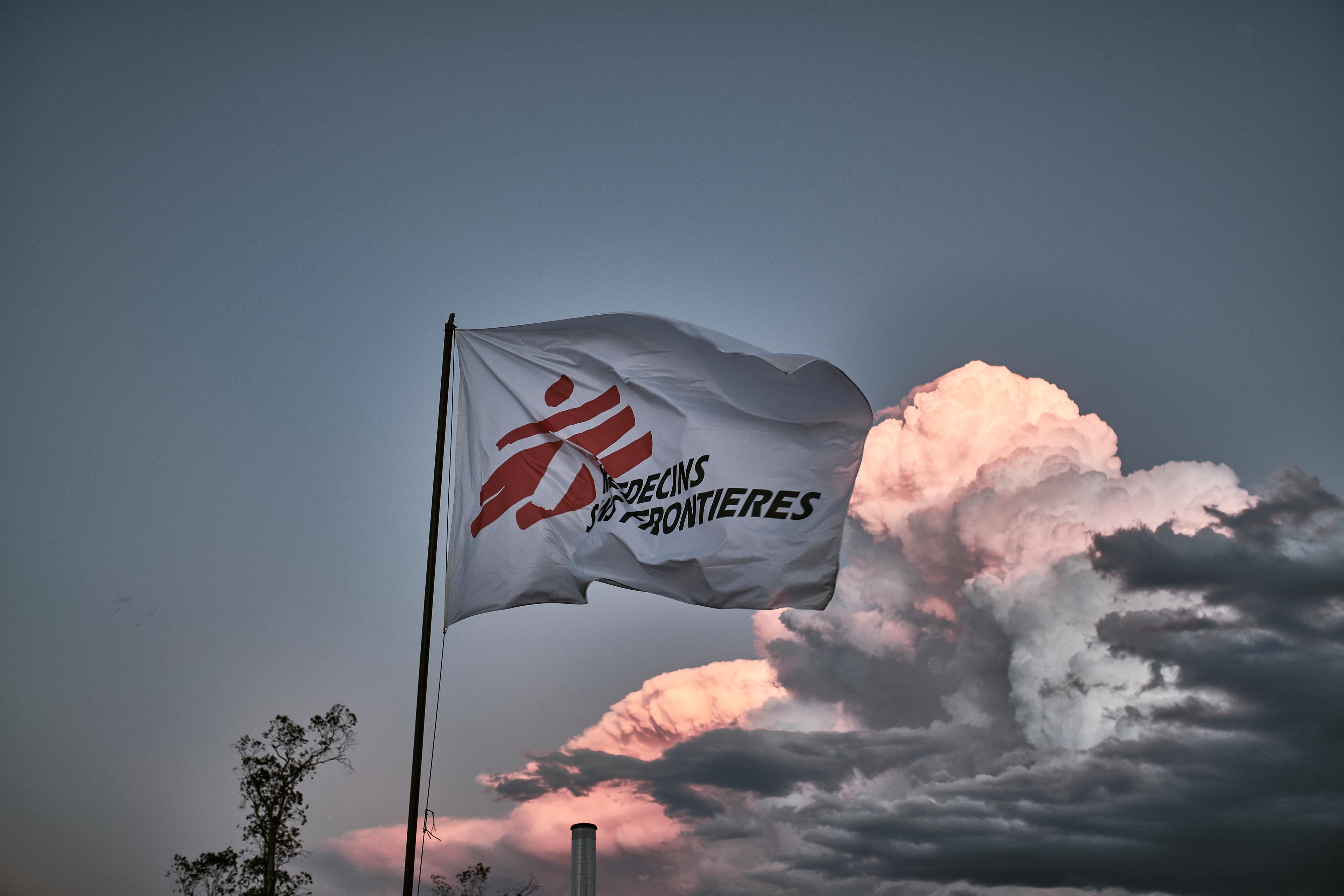
About us
Creation and history of MSF
MSF was founded in Paris in 1971 by a group of journalists and doctors. Today, we are a global movement with more than 69,000 staff members.
An international, independent medical humanitarian organisation
Our teams operate in 74 countries and are made up of tens of thousands of healthcare professionals, logistics and administrative staff - all bound by our charter.
Our actions are guided by medical ethics and the principles of impartiality, independence and neutrality.
COUNTRIES WHERE WE WORK
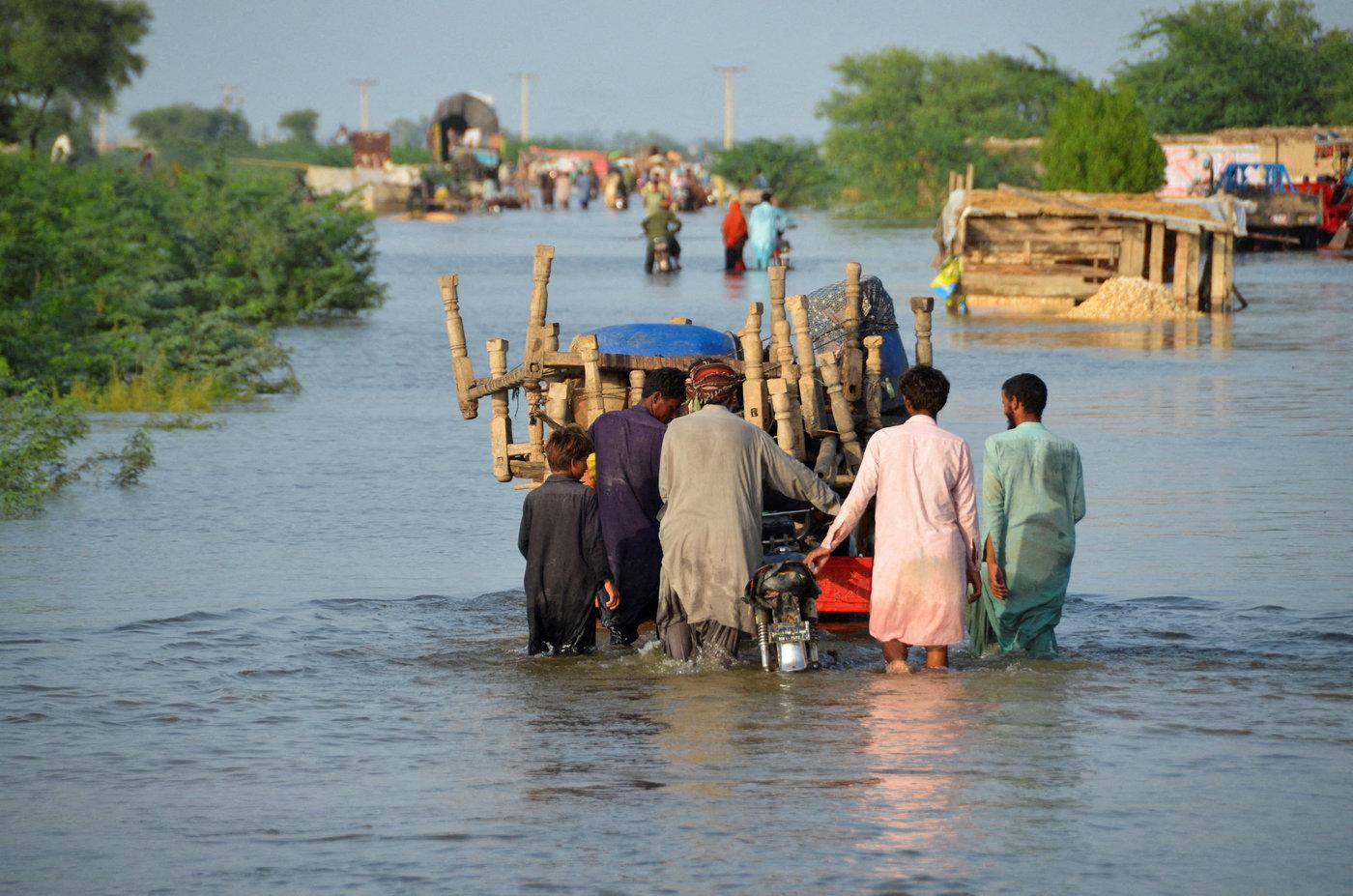
Médecins Sans Frontières (MSF) is an international organisation that provides medical assistance to people affected by conflicts, epidemics, disasters or exclusion from healthcare.
Our values
MSF in Luxembourg
The Luxembourg section of MSF was created in 1986.
Today, 35 employees work for the association, raising awareness of humanitarian issues among the Luxembourg population, raising the funds needed to finance operations, supervising MSF volunteers who go out into the field and carrying out dozens of operational research projects directly linked to operations to make them ever more effective.
MSF Luxembourg in figures
ACTIVE DONORS
OF OUR INCOME COMES FROM PRIVATE SOURCES
BOARD MEMBERS
BOARD MEMBERS
ASSOCIATION MEMBERS
VOLUNTEERS
Since 2009, MSF Luxembourg has been putting its expertise at the service of the development of medical research in the field thanks to the skills of the operational research unit in Luxembourg, known as LuxOR (Luxembourg Operational Research).
Timeline
1971
A charter for the new MSF
MSF is officially founded on 22 December 1971. At the time, 300 volunteers make up the organisation: doctors, nurses and other staff, including the 13 founding doctors and journalists.
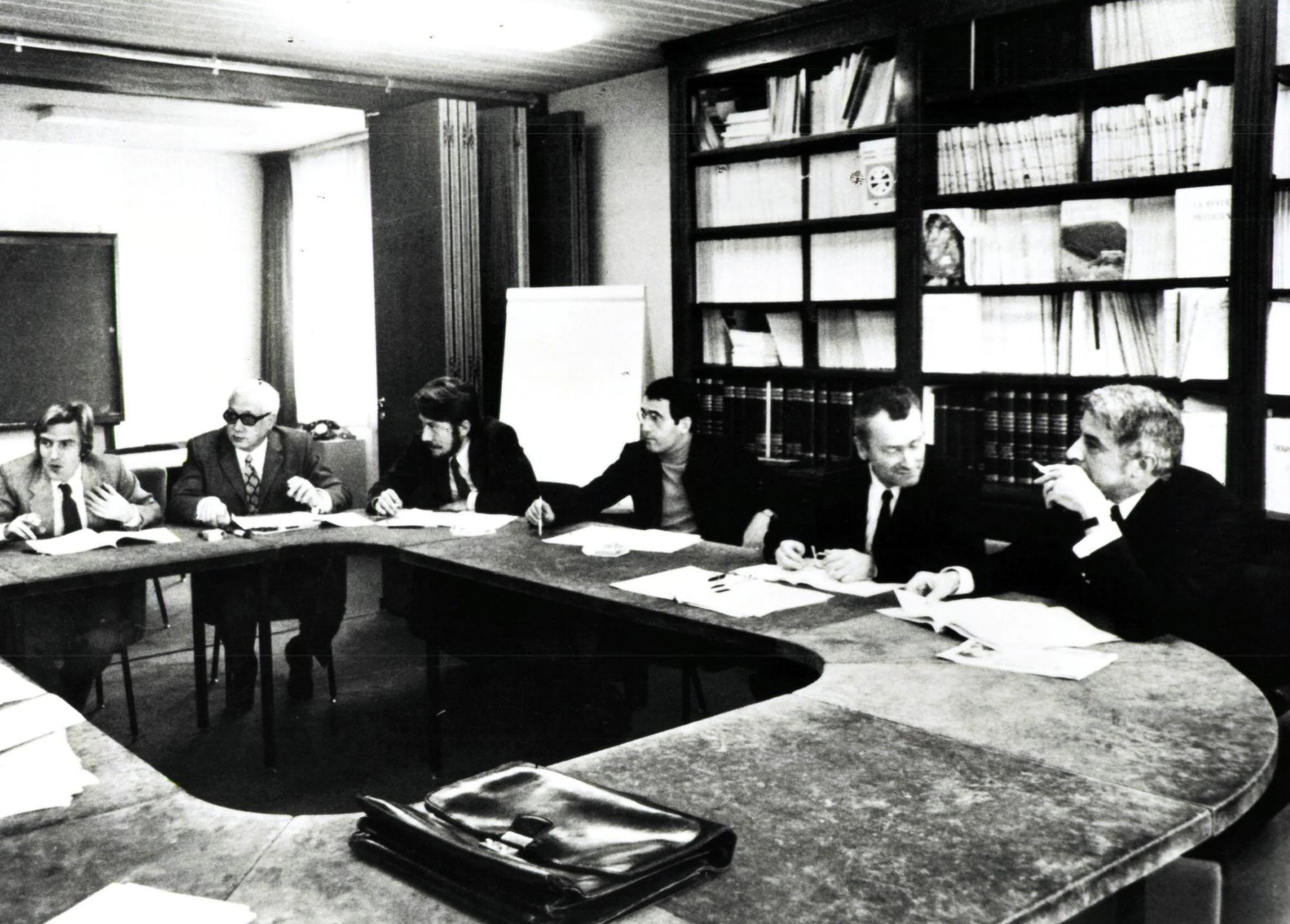
1972
MSF's first mission
MSF's first mission in 1972 takes place in Managua, the capital of Nicaragua, following an earthquake that destroys most of the city and kills between 10,000 and 30,000 people.
1974
Honduras
In 1974, MSF sets up a relief mission to help the people of Honduras after Hurricane Fifi causes major flooding and kills thousands of people.
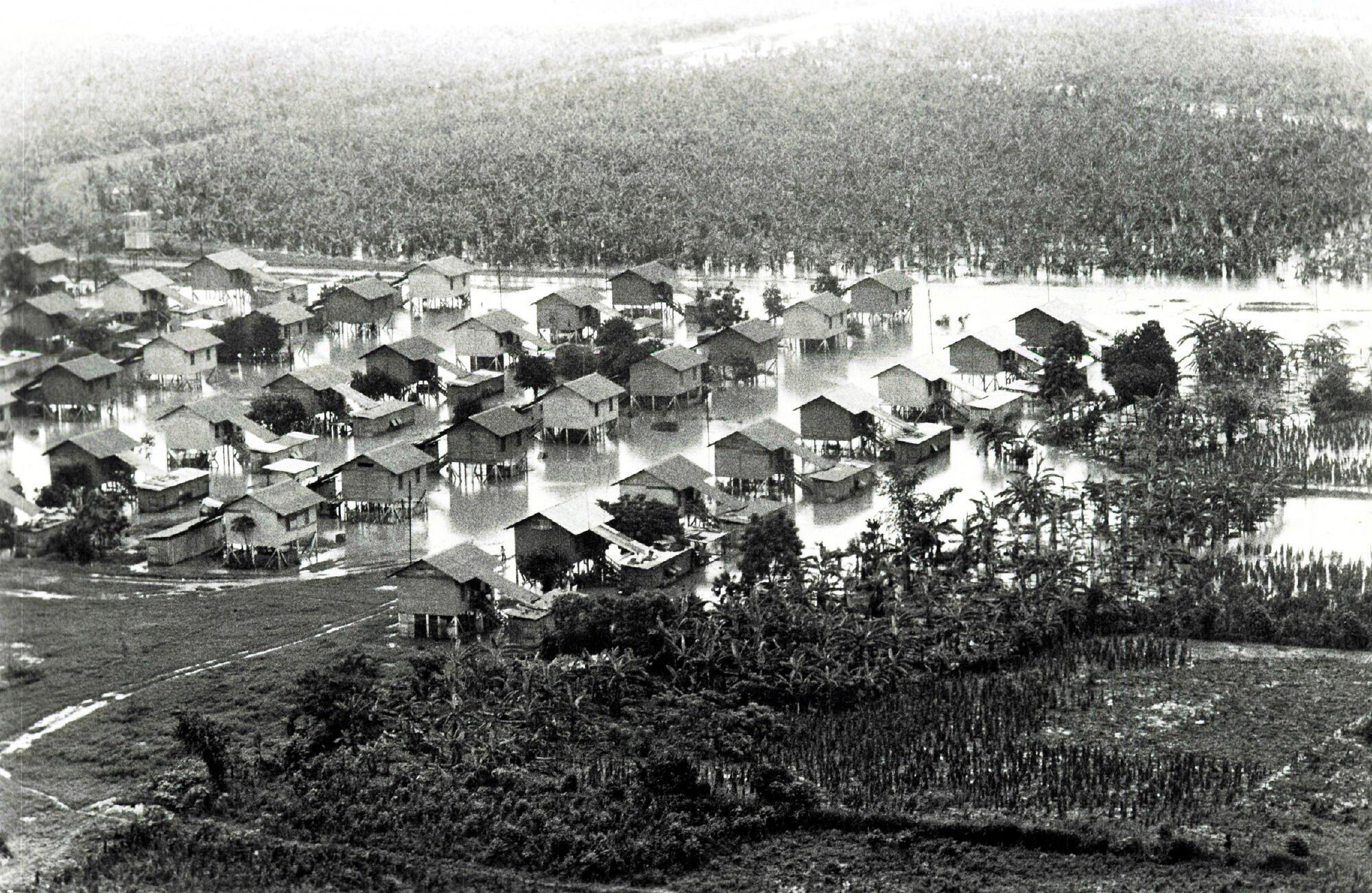
1975
The turning point
In 1975, MSF sets up its first large-scale medical programme during a refugee crisis, providing medical care to waves of Cambodians seeking to escape Pol Pot's oppressive regime. During these first missions, MSF's weaknesses as a new humanitarian organisation become clear: preparation is lacking, doctors are unsupported and supply chains are tangled. It is a turning point and the movement begins to fracture.
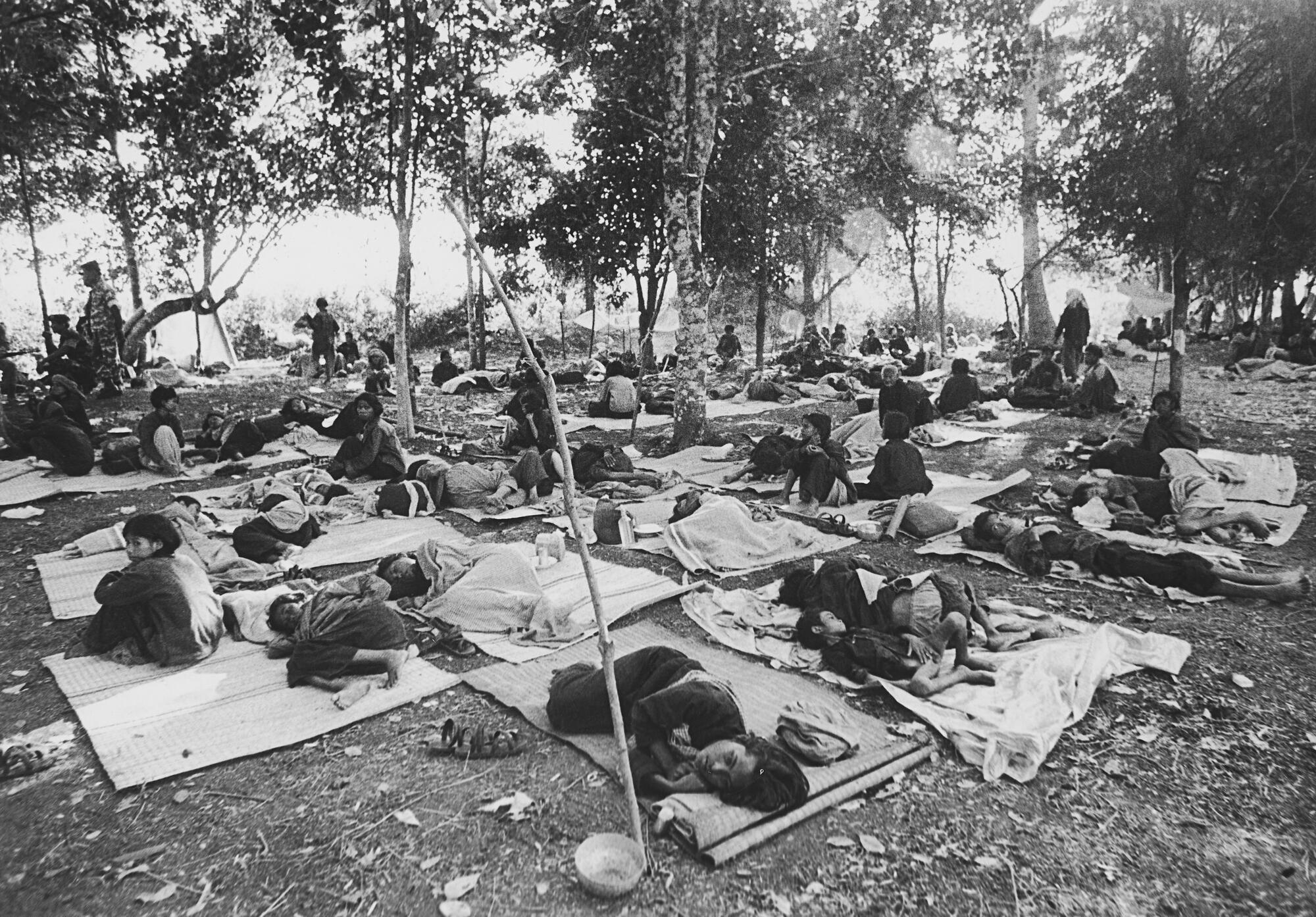
1976
Learning to work in a context of war
From 1976 to 1984, MSF is present in Beirut and other towns in Lebanon to treat all those wounded in the war. Every day, the team treats patients injured by shrapnel or bullets. Broken limbs and burns are also treated.
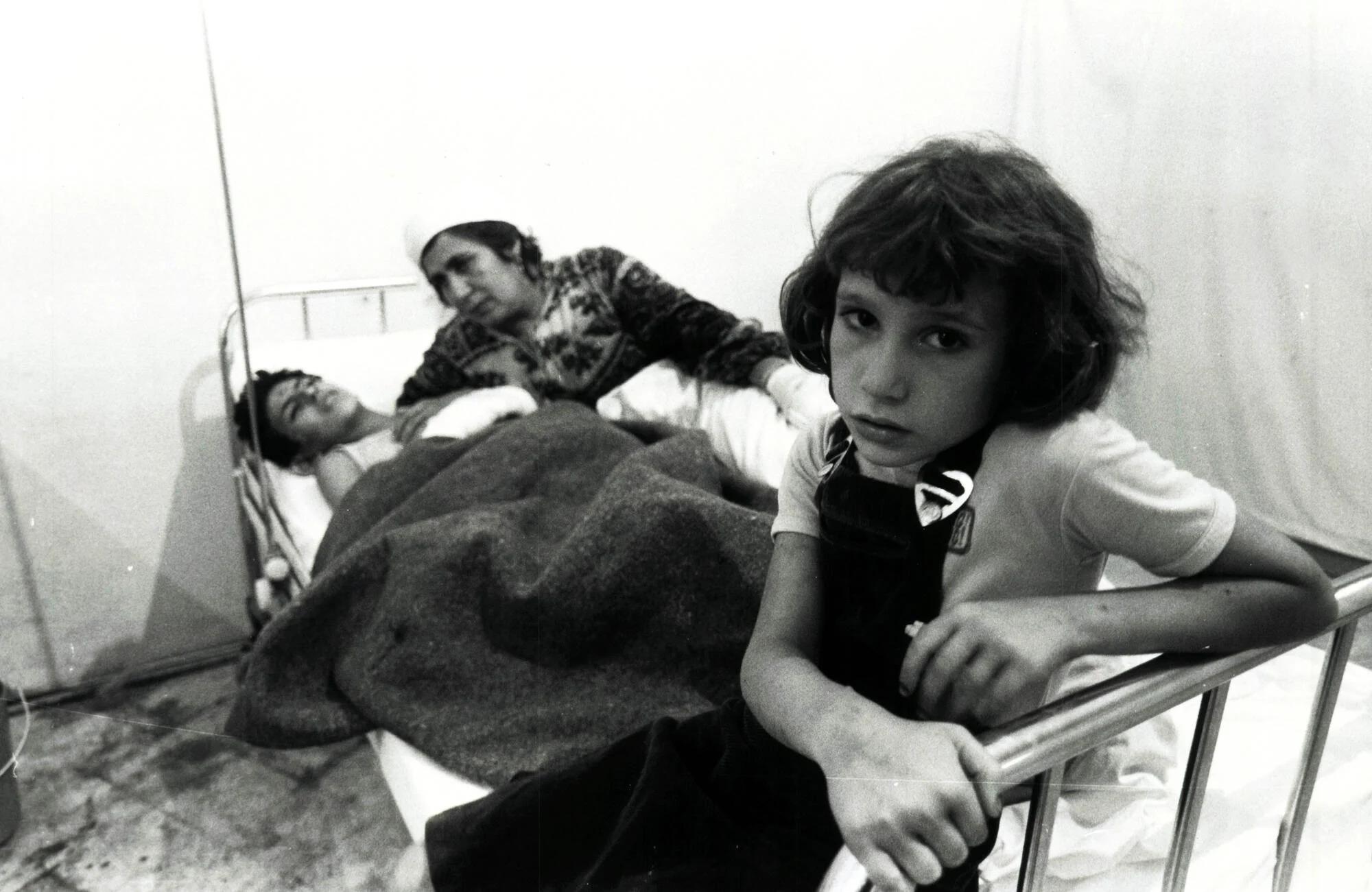
1979
Competing visions lead to a split
In the 1970s, under the leadership of Dr Claude Malhuret and Dr Francis Charhon, MSF begins to move beyond sending doctors to crisis zones to creating a more structured organisation. The co-founder, Dr Bernard Kouchner, disagrees with this development and leaves MSF to found another organisation called Médecins du Monde.
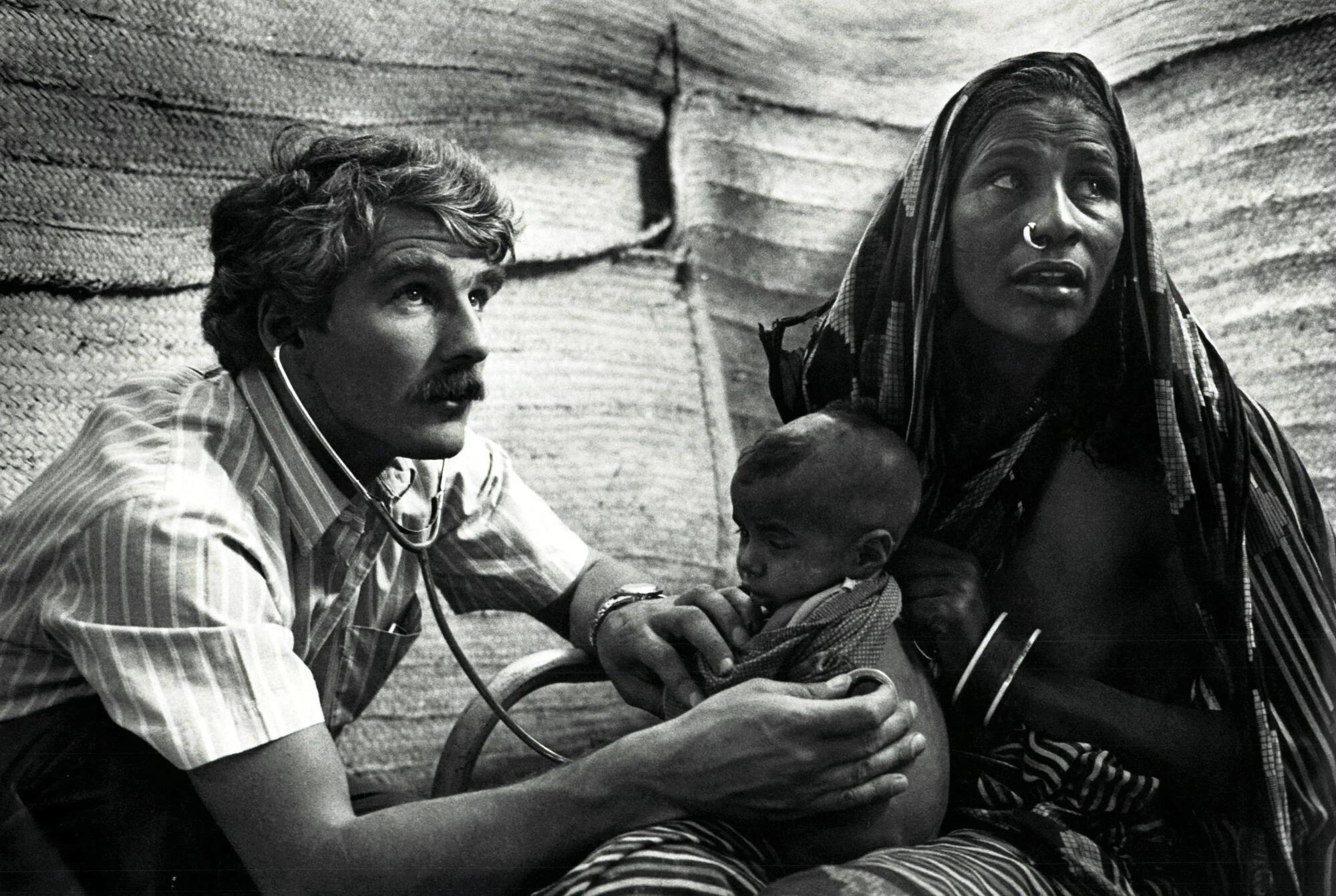
1980
A transformation
From then on, MSF's new "realistic" leadership - led by Claude Malhuret (in the center) and Rony Brauman (on the right) - helps transform MSF into the professional organisation it is today.
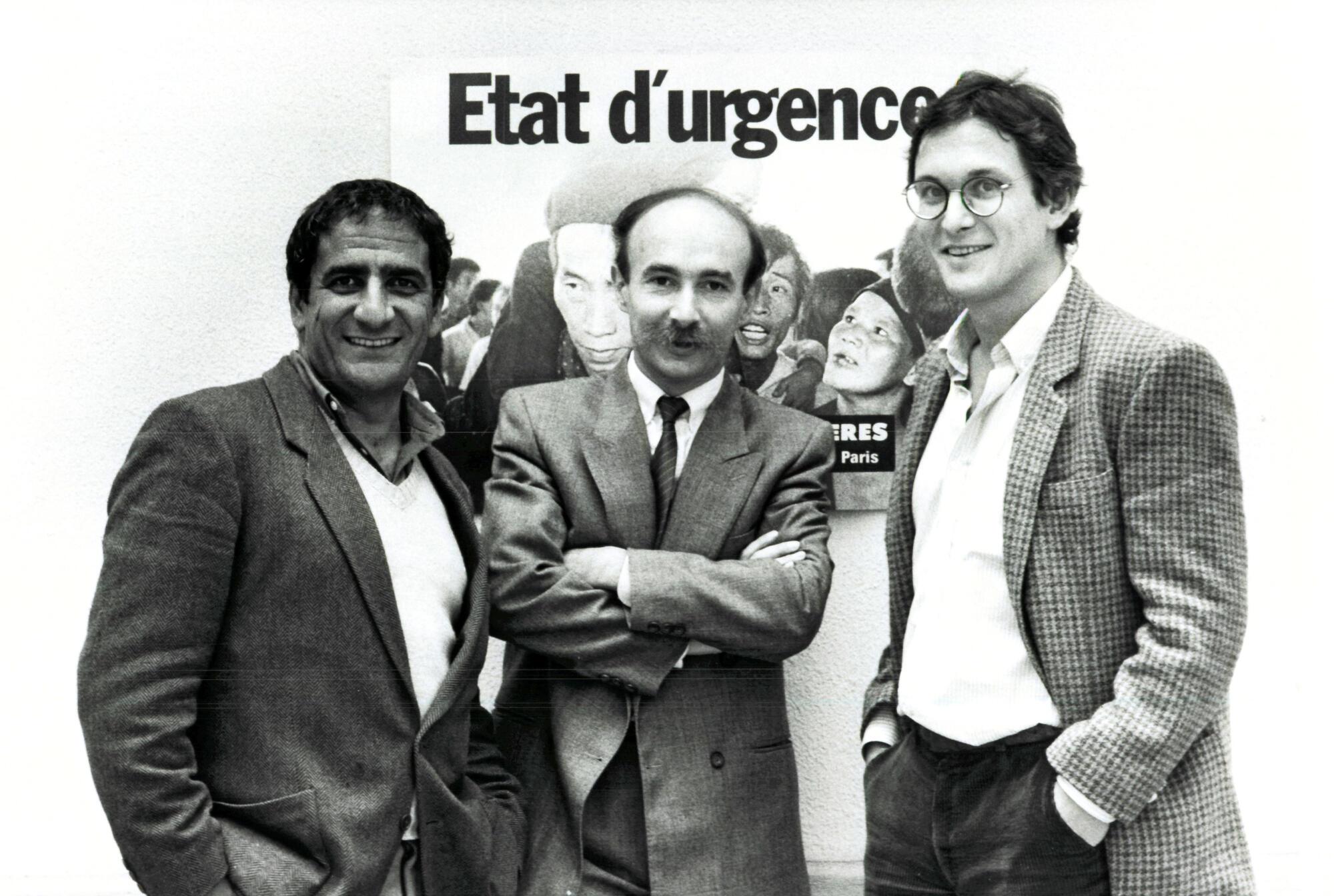
1980
Cambodia
A first appearance on the international scene is organized with the “March for the survival of Cambodia”.
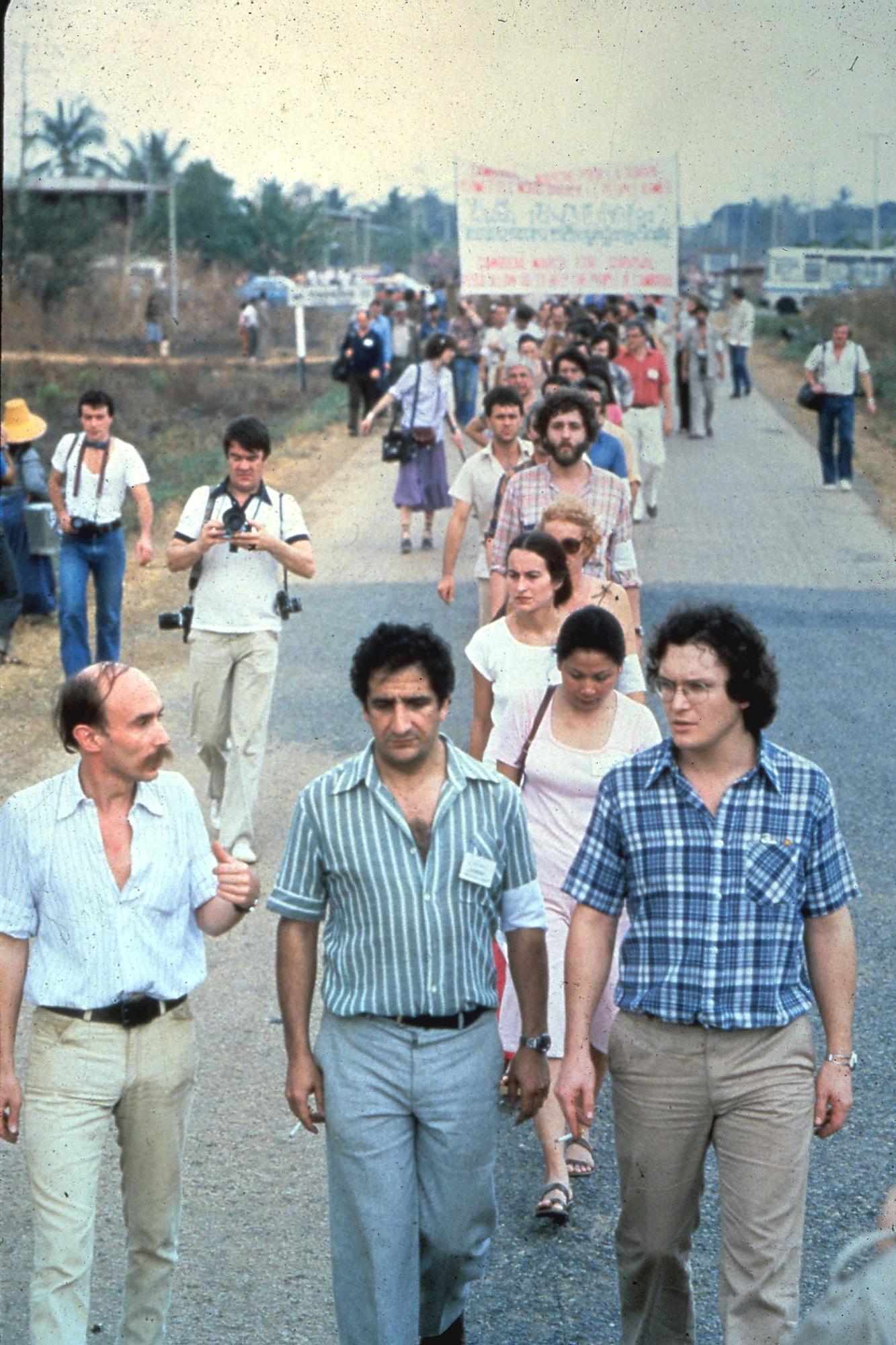
1984
Ethiopia - Famine and speaking out
In August, 50 people are dying of hunger every day, while thousands wait for food to be distributed. It takes months for the government to declare a "famine". When the government starts to forcibly displace people and divert humanitarian aid, the MSF teams know they have no choice but to speak out. In December 1985, one of the two MSF sections working in the country is expelled.
1988
50,000 dead in Armenia
The first large-scale intervention is planned by the six operational centers at the time (France, Belgium, Spain, Luxembourg, the Netherlands and Switzerland).
1991
Civil war in Somalia
More than 300,000 Somalis die in the conflict. On 9 December 1992, the US army land on the beaches of Mogadishu to restore order and distribute food aid. Faced with the prospect of becoming bogged down in a never-ending conflict, the United States hand over to UN peacekeepers. MSF denounces the inconsistency of this strategy, as well as the excesses committed by the military. In 1992, MSF alerts the international community to the famine raging in the country.
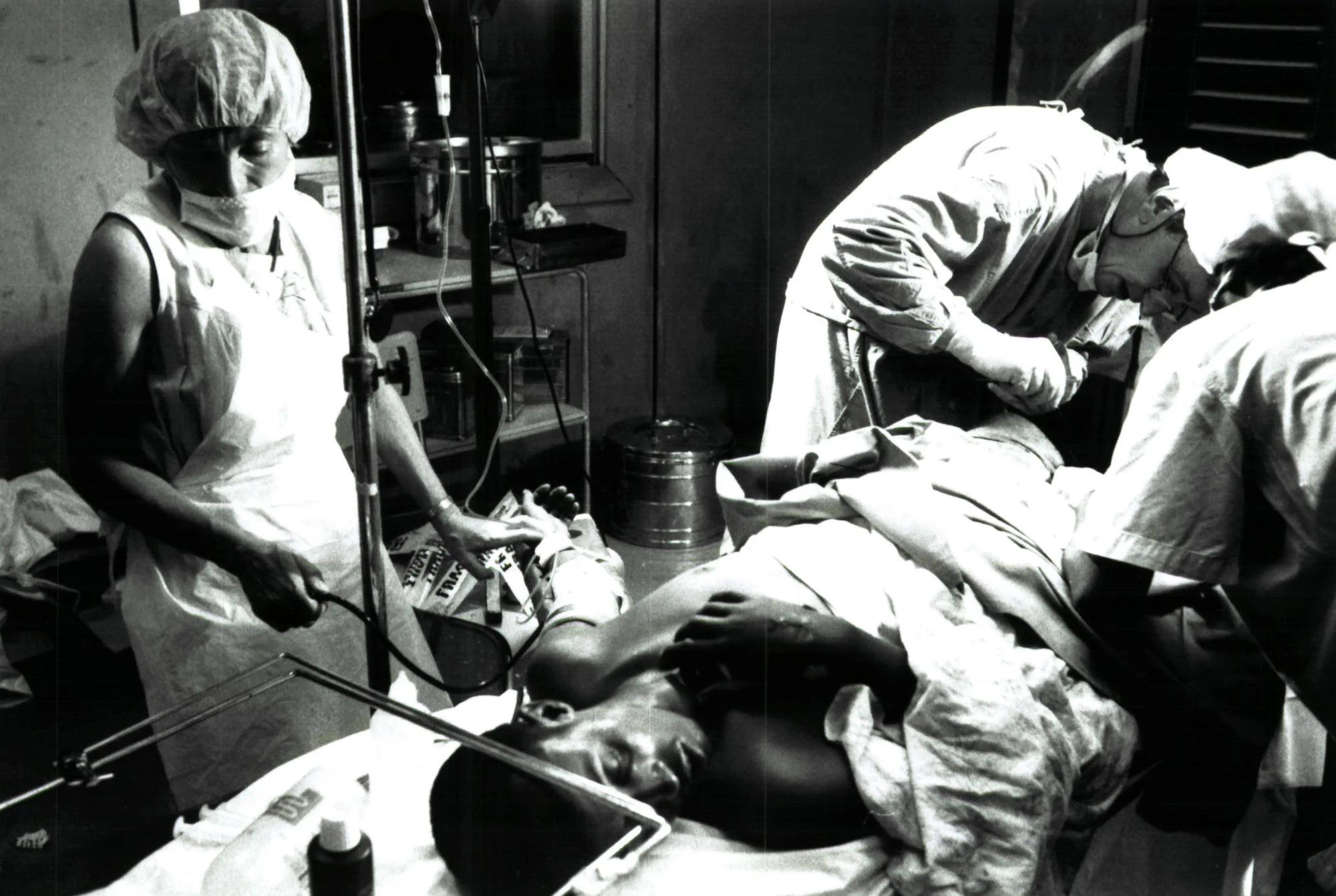
1991
War in Yugoslavia
On 14 December 1995, the signing of the Dayton Peace Accords puts an end to the separatist war in former Yugoslavia and creates the state of Bosnia-Herzegovina. MSF claims that the massive distribution of aid is a "humanitarian alibi" from an international community that is unwilling to take political and military action to end the conflict. Some MSF leaders are even calling for armed intervention against the Bosnian Serb artillery bombardment of Sarajevo.
1993
Bosnia
During the Bosnian war, MSF's medical programmes in the region are extended to the "protected areas" of Goradze and Srebenica. In December 1992, MSF publishes a report describing the Bosnian Serbs' policy of ethnic cleansing. The report denounces the Bosnian Serbs for obstructing supplies to Srebrenica and Gorazde, two Muslim enclaves under siege. In 1995, MSF raises public awareness and denounces the lack of protection for the population in these enclaves.
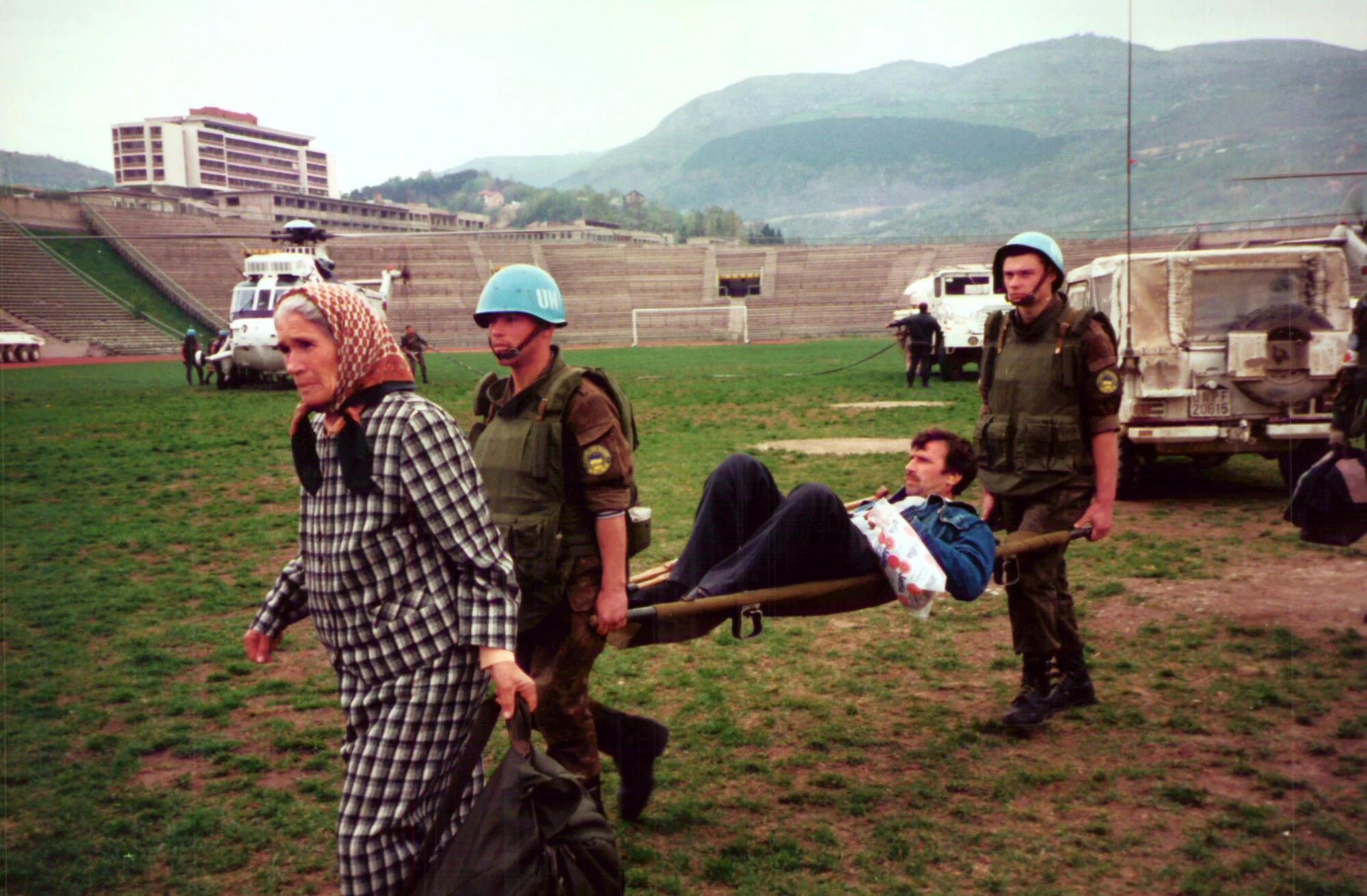
1994
"Doctors can't stop genocide"
Genocide breaks out in Rwanda. MSF teams witness the massacre of patients and staff. In May, MSF ask the French government to help put an end to the massacre. On 24 May, MSF appears before the UN Commission on Human Rights, hoping to provoke a reaction from member states. Following the massacre of more than 800,000 Tutsis and Hutus, MSF takes the unprecedented step of calling for international military intervention.
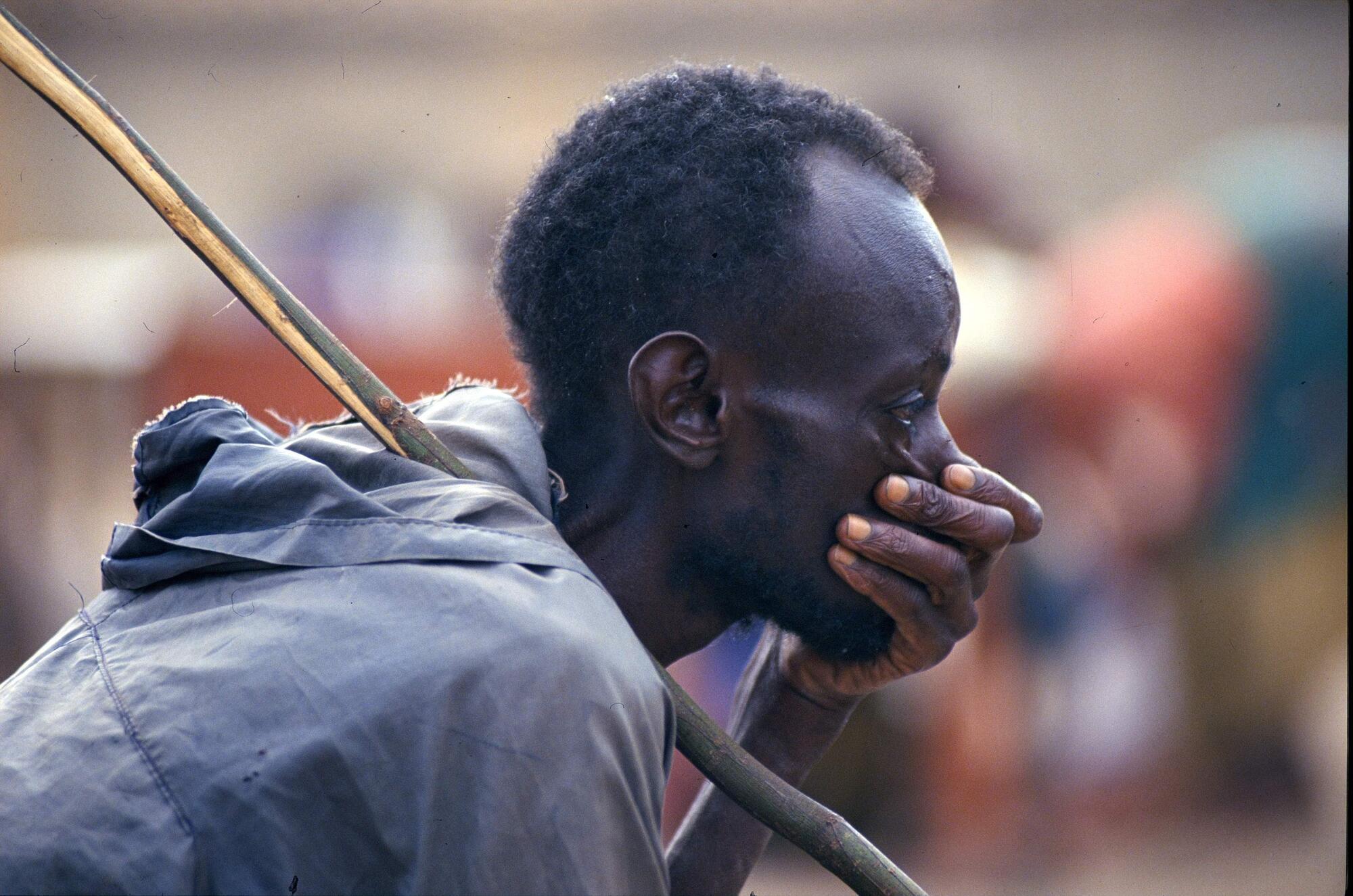
1995
Srebrenica massacre
MSF is the only international presence when the enclave of Srebrenica (Bosnia), theoretically protected by UN-mandated troops, falls.
In August 1995, MSF denounces the massacre of 8,000 civilians by Serb troops.
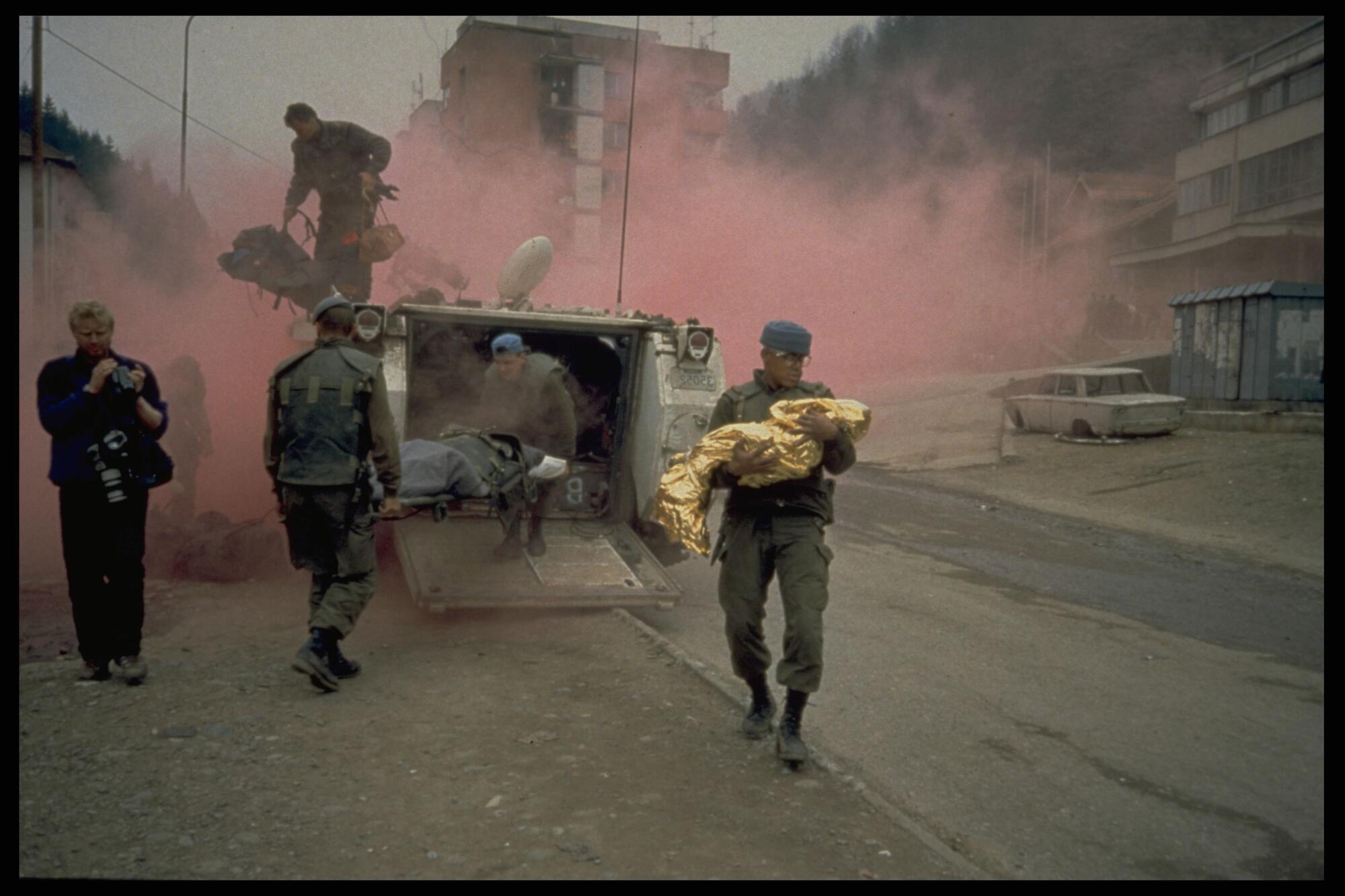
1995
The war in Chechnya
In December 1994, Russian tanks enter the capital, Grozny. A million people are trapped under a deluge of bombs, rockets and machine-gun fire. The city is razed to the ground. An MSF team provides medical support in extremely unstable conditions. Two years later, MSF calls on the international community to get the Russian government to put an end to the massive human rights violations in Chechnya and the systematic attacks on the civilian population.
1998
Famine in Sudan
MSF provides aid while denouncing the shortcomings of the United Nations aid system, which does not help the most vulnerable but benefits the most powerful. MSF's complaint mainly targets the United Nations Children's Fund (UNICEF) and the World Food Programme (WFP).

1998
Famine in North Korea
MSF withdraws after three years, unable to guarantee that medical aid would reach the most vulnerable, but continues to help refugees fleeing to China.
1999
Crisis in Kosovo
MSF provides medical care to displaced civilians in Kosovo and in refugee camps in Albania, Macedonia and Montenegro, as well as to civilians in Serbia.

1999
Second war in Chechnya
MSF requests access to Grozny and denounces the massive use of violence against civilians by Russian forces.
1999
Nobel Peace Prize
In October 1999, MSF is awarded the Nobel Peace Prize "in recognition of the organisation's pioneering humanitarian work on several continents" and as a tribute to our medical staff who have treated tens of millions of people. In his acceptance speech, Dr James Orbinski, President of MSF's International Council at the time, directly addresses Russian leader Boris Yeltsin and condemns Russian violence against civilians in Chechnya.
1999
MSF launches a campaign for access to medicines
Proceeds from the Nobel Peace Prize awarded to MSF are used to set up the Campaign for Access to Essential Medicines (now known as the Access Campaign), designed to support pilot projects for the clinical development, production, purchase and distribution of treatments for neglected diseases.
2001
The HIV/AIDS pandemic
MSF begins treating HIV-positive people with antiretroviral therapy in seven countries.
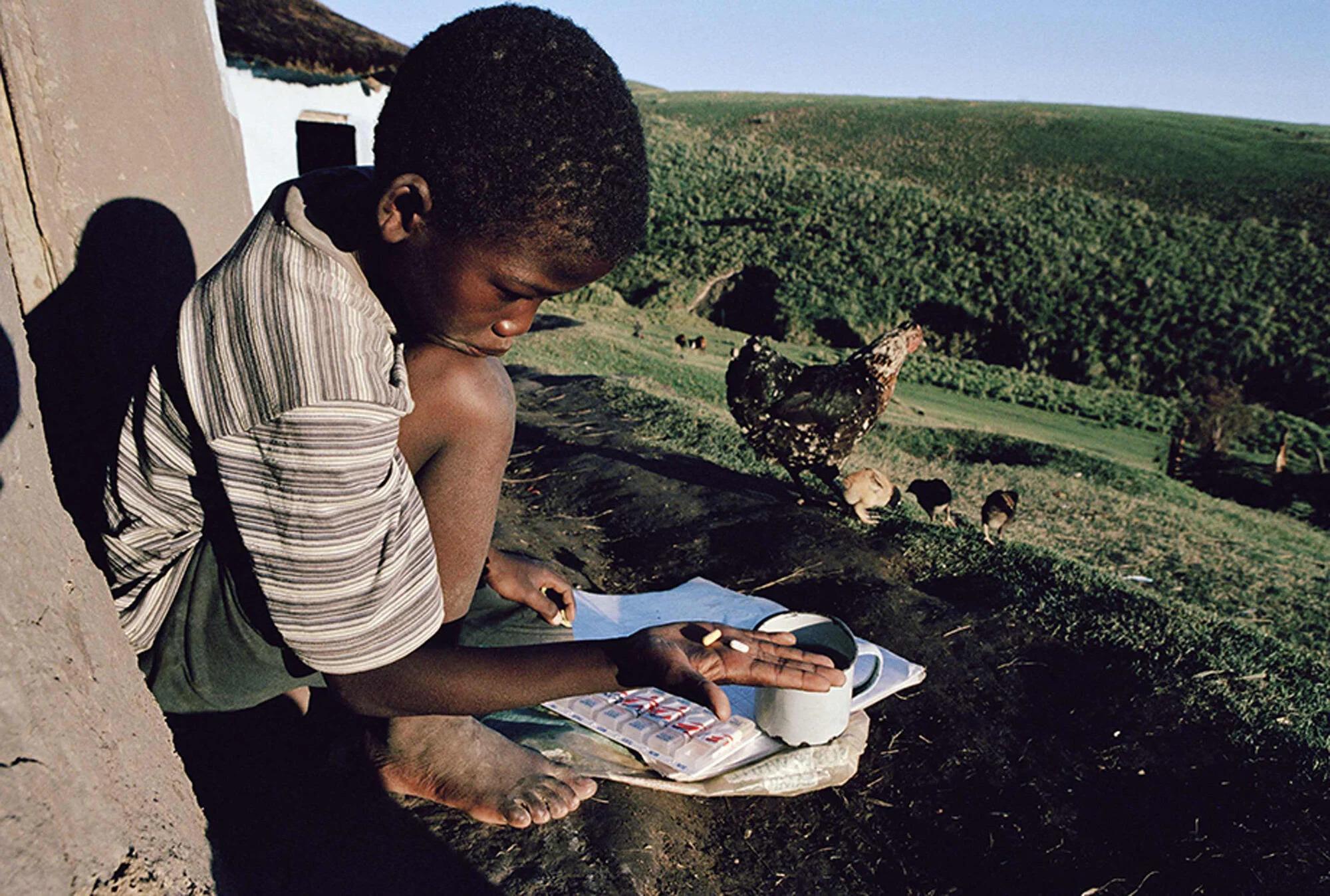
2002
Famine in Angola
In spring 2002, MSF carries out an exploratory mission in Bunjei. One child in three is suffering from acute malnutrition and more than a thousand fresh graves have been discovered.
MSF calls on other humanitarian organisations, donors and the government for help. More than 9,000 severely malnourished children and 20,000 moderately malnourished children are treated. Some 200 international volunteers and more than 2,200 national staff take part in the operation.
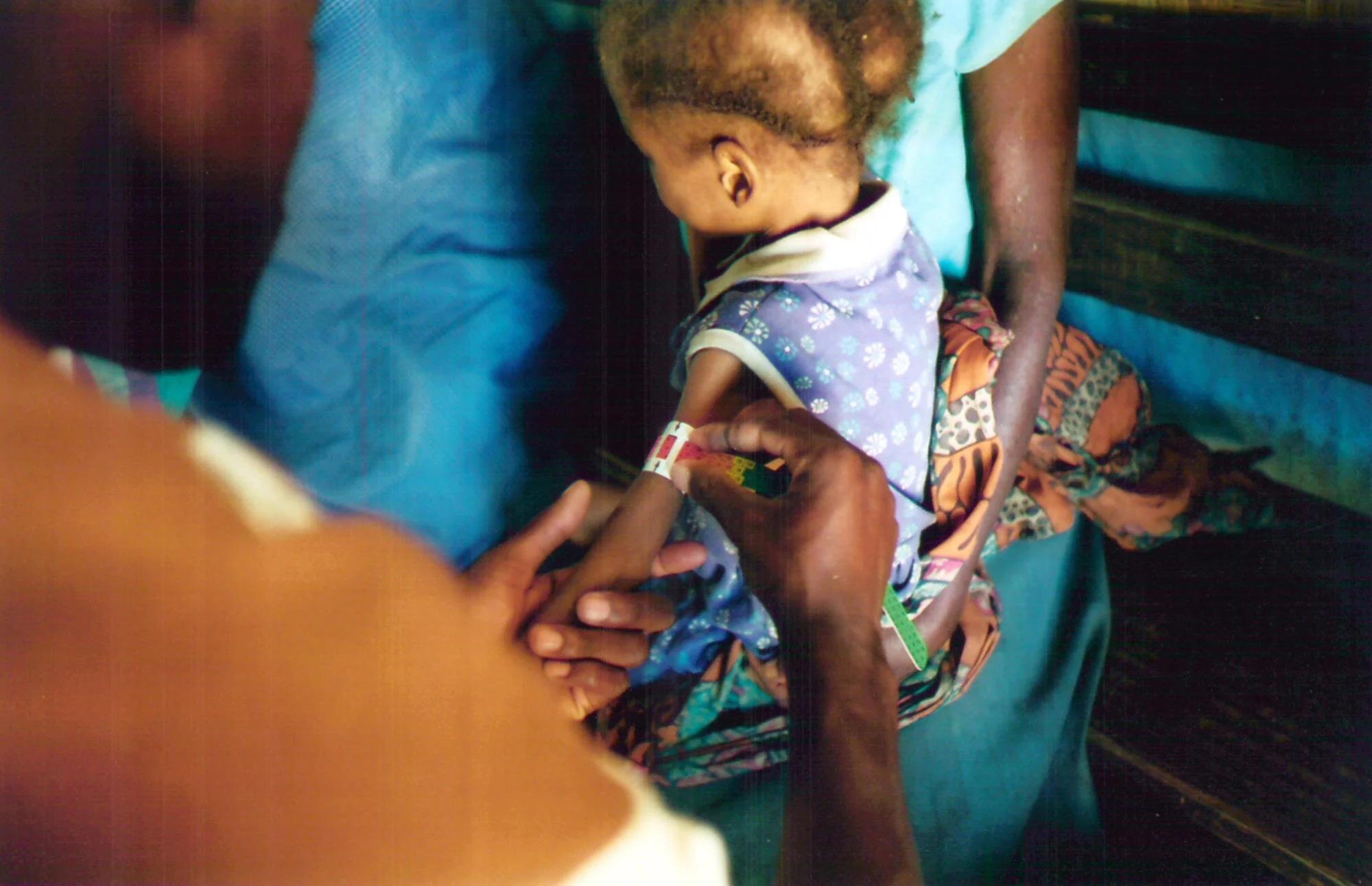
2002
Work in Lampedusa, Italy
MSF teams begin assisting people crossing the Mediterranean to Europe at the Lampedusa reception centre, providing medical care to new arrivals.
2002
Afghanistan
MSF continues to help civilians in Afghanistan following the military action led by the United States.
2002
Growing resistance to malaria treatment
MSF starts to use artemisinin-based combination therapies and urgently requests that national protocols be changed in Africa.
2003
US invasion of Iraq
MSF teams remain in Baghdad during the war and call the US government to account for its failure to provide adequate medical care to civilians.

2003
Creation of DNDi
MSF is one of the founding partners of a new initiative to develop medicines for neglected diseases, the Drugs for Neglected Diseases initiative (DNDi).
2004
Five MSF workers killed in Afghanistan
In June, five MSF staff members are attacked and killed while on the road in Afghanistan. The lack of reaction from the authorities following this event illustrates the passivity of the authorities and their lack of commitment to ensuring the safety of humanitarian workers. As a result, MSF withdraws completely from the country after 20 years of presence.
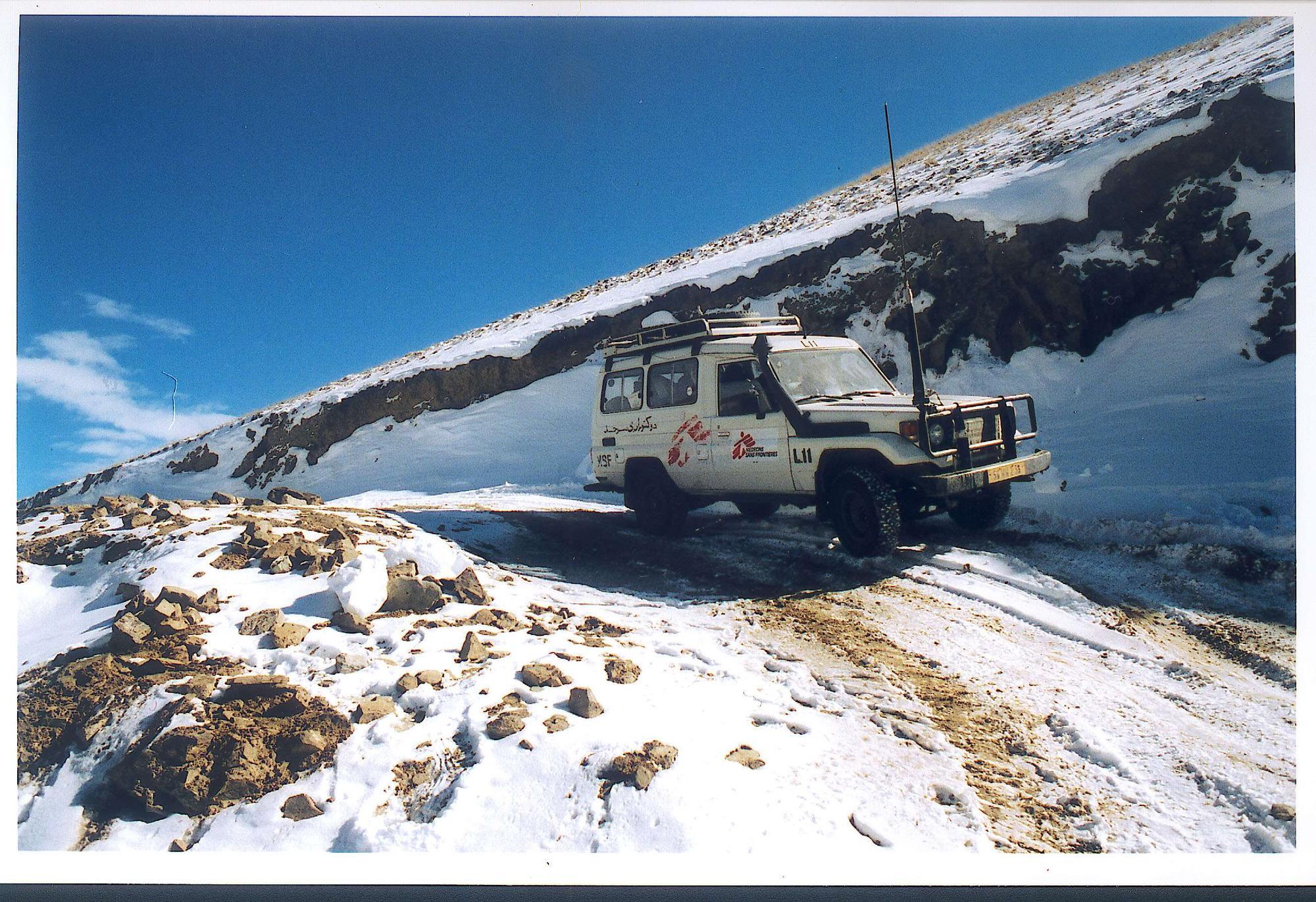
2004
Tsunami in South-East Asia
The first MSF team arrives within 72 hours of the disaster, on 26 December 2004, and assessments are carried out in Indonesia, Malaysia, India, Myanmar, Sri Lanka and Thailand. Faced with this unprecedented outpouring of solidarity, and having established the extent of its intervention in the region, MSF asks donors to cease their donations for the crisis, having received more funds than necessary for its medical programmes in the region.
2005
Nutritional crisis in Niger
MSF responds to a neglected malnutrition crisis in Niger by treating 63,000 severely malnourished children on an outpatient basis with a new ready-to-use therapeutic food. This is the first time this treatment protocol has been used on such a large scale. MSF now revises its guidelines for the treatment of malnutrition to include this innovative approach.
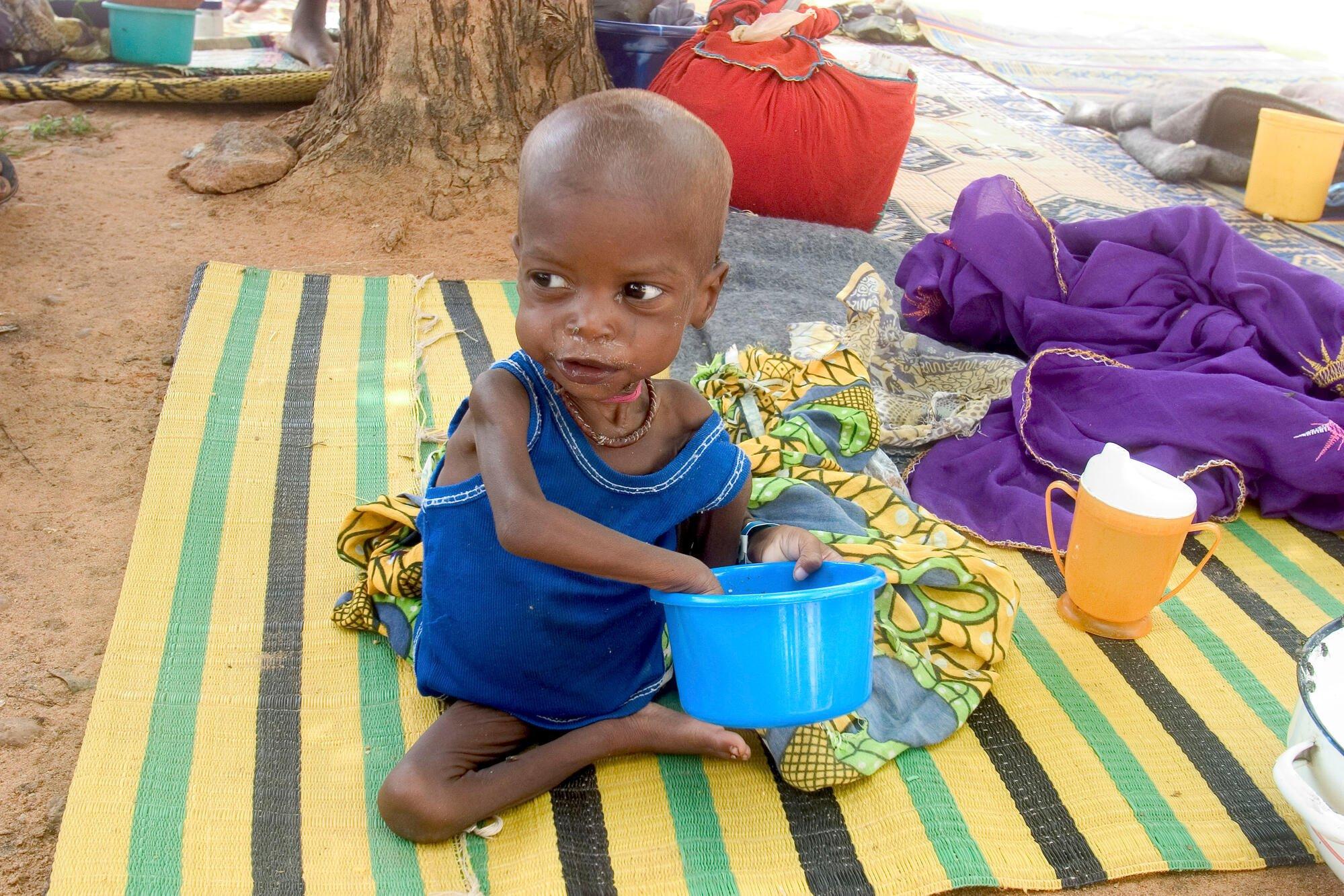
2006
Sri Lanka returns to war
As tens of thousands of people flee renewed fighting in the north of the country, MSF reopens its surgical programmes in the north and centre of Sri Lanka after suffering a series of setbacks at the hands of the authorities.
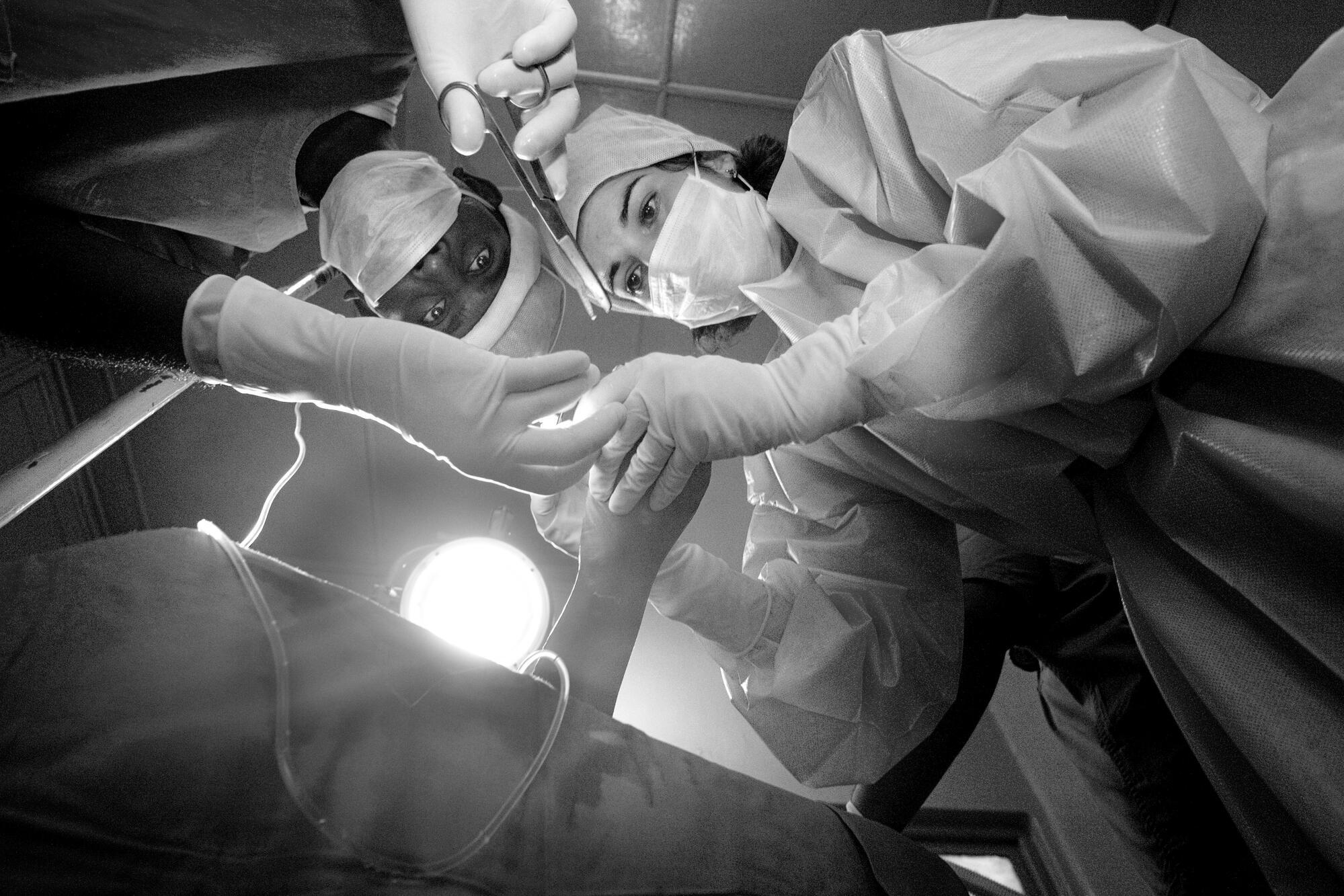
2006
La Mancha
To cope with the constant growth of its activities, budgets and sections, MSF devotes a whole year to a series of internal consultations and debates. The result is a series of plans to improve the decision-making processes and governance structures of MSF as a movement and as an association. The La Mancha Accord outlines the aspects of our work on which we agree and which we consider essential.
2007
Malnutrition
With ready-to-use therapeutic foods proving successful in the treatment of severely and moderately malnourished children, MSF campaigns for other actors in the field to strengthen their programmes and adopt similar protocols. Through the Access to Essential Medicines Campaign, MSF lobbies for food aid and nutrition programmes to include ingredients suitable for the most vulnerable children, i.e. those aged between six months and two years.
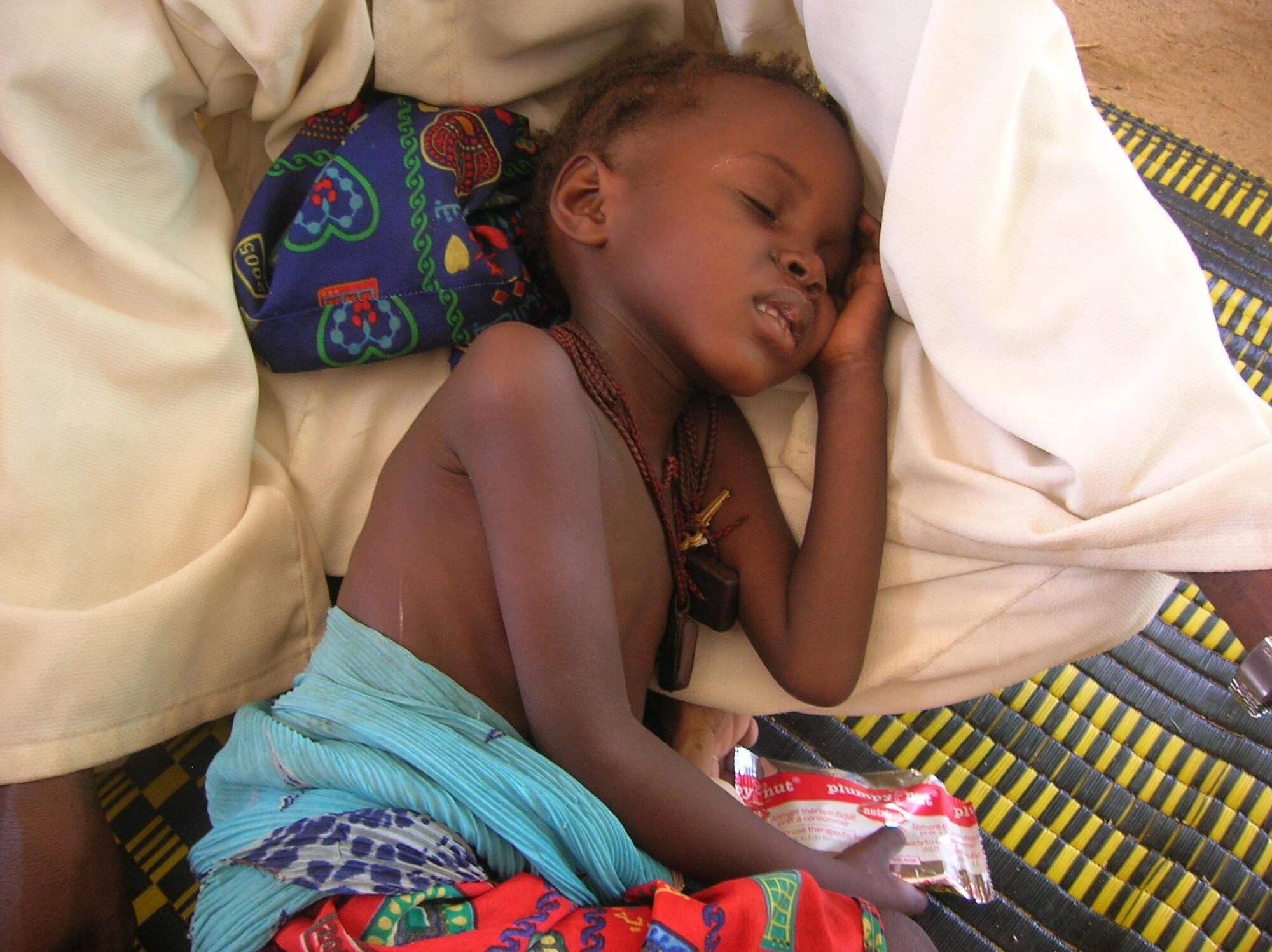
2008
Nutritional emergency in Ethiopia
After detecting alarming rates of malnutrition among children under the age of five, MSF launches an emergency response in the south of the country. Teams treat more than 72,000 children suffering from acute malnutrition and distribute food to 14,000 other children at risk.
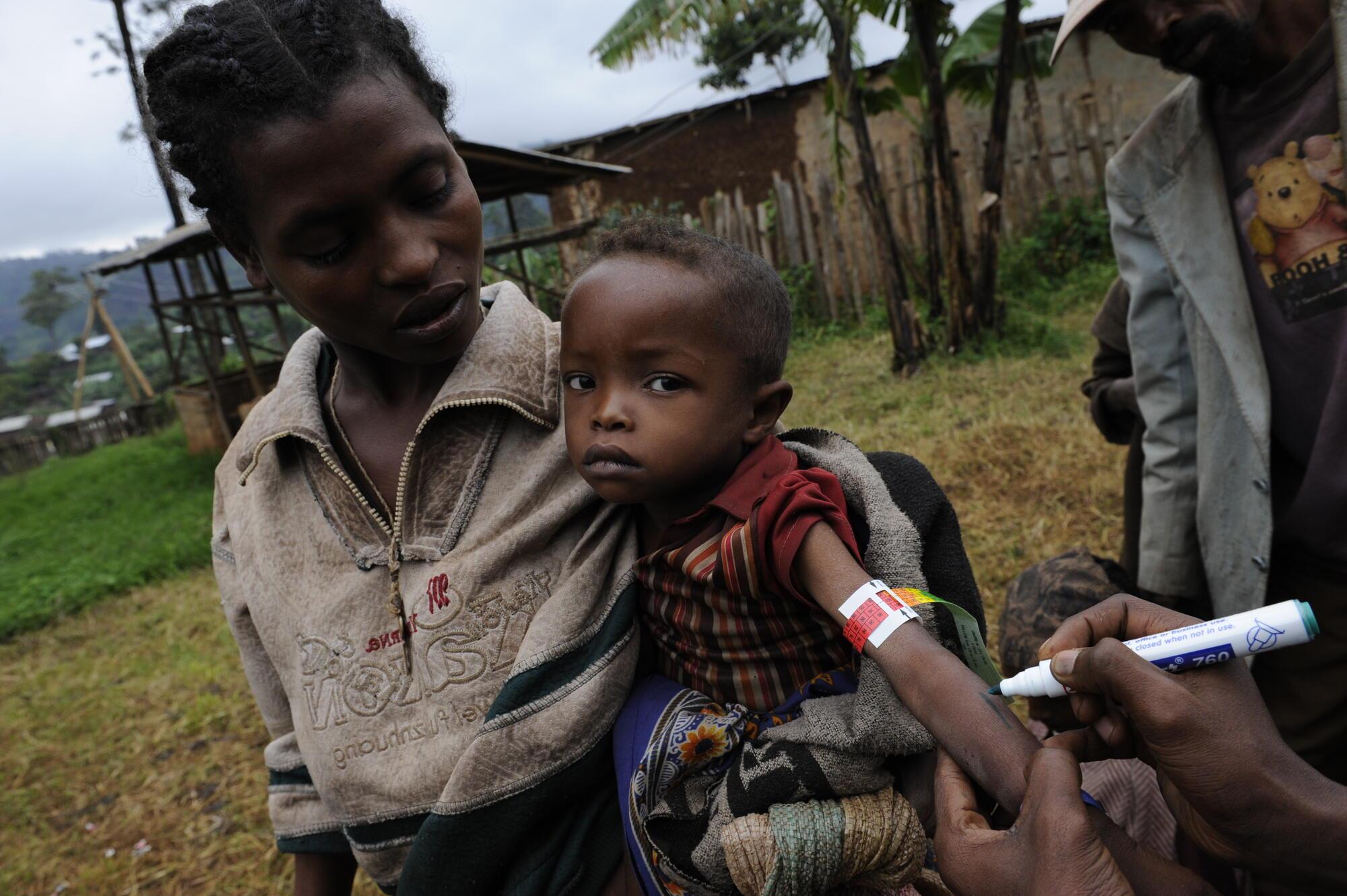
2009
Back in Afghanistan
After an absence of five years (see 2004), MSF returns to the country and begins supporting hospitals in Kabul and Lashkargah, the capital of Helmand province.
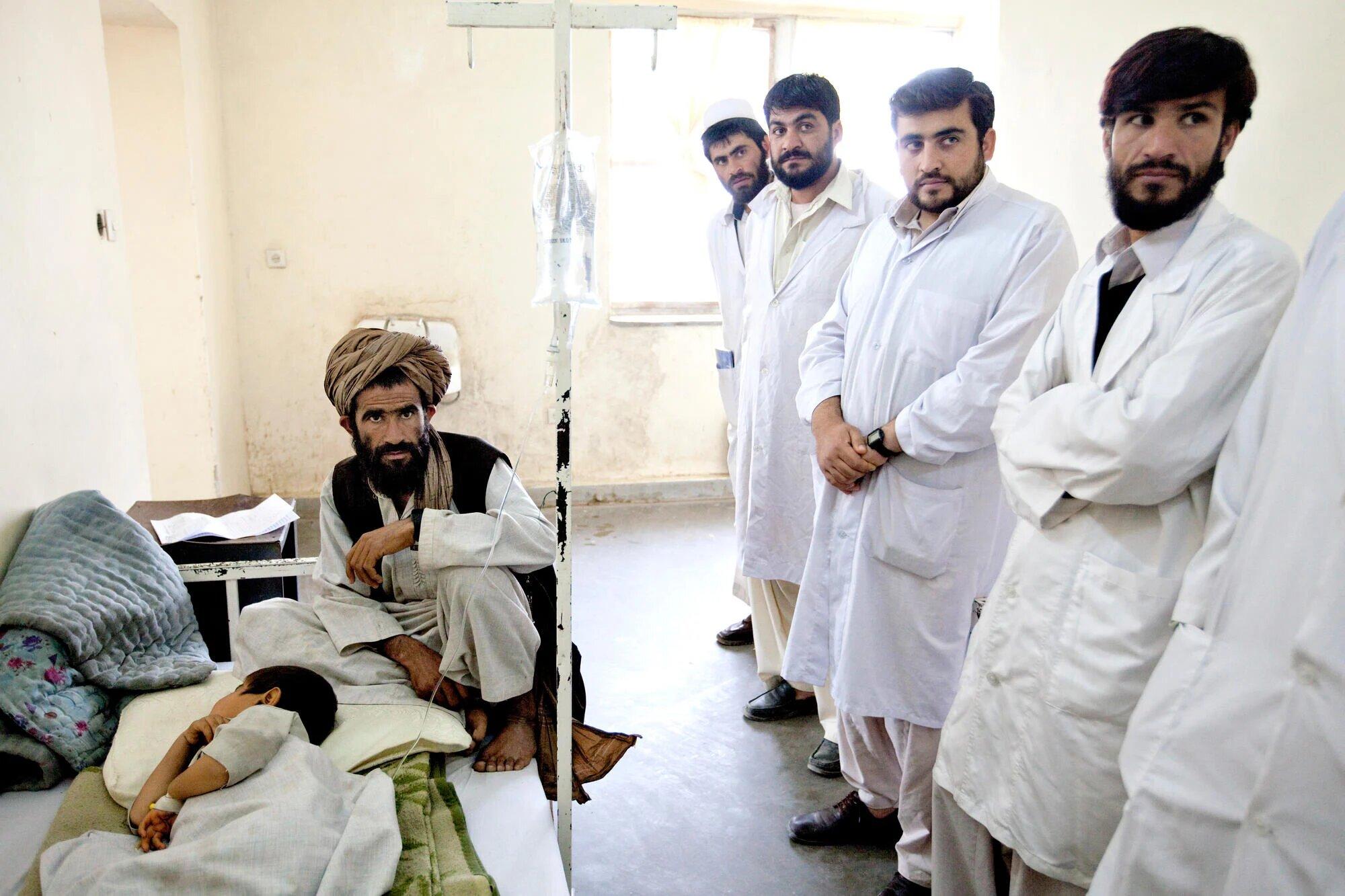
2009
A difficult year in Sudan
MSF launches emergency interventions in the south in response to escalating violence and epidemics, while in Darfur the government expels two MSF sections and four staff members are kidnapped. Some projects are closed, but MSF continues to provide almost 129,000 consultations and supports many local health centres.
2010
Earthquake and cholera in Haiti
MSF launches the largest emergency response in its history, just one day after the earthquake on 12 January. Hundreds of thousands of people are injured or dead and millions have lost their homes. In October, after cholera struck Haiti, MSF mobilises hundreds of staff to respond to the situation. We open more than 50 cholera treatment centers across the country, launch extensive public education campaigns and treat more than 100,000 patients.
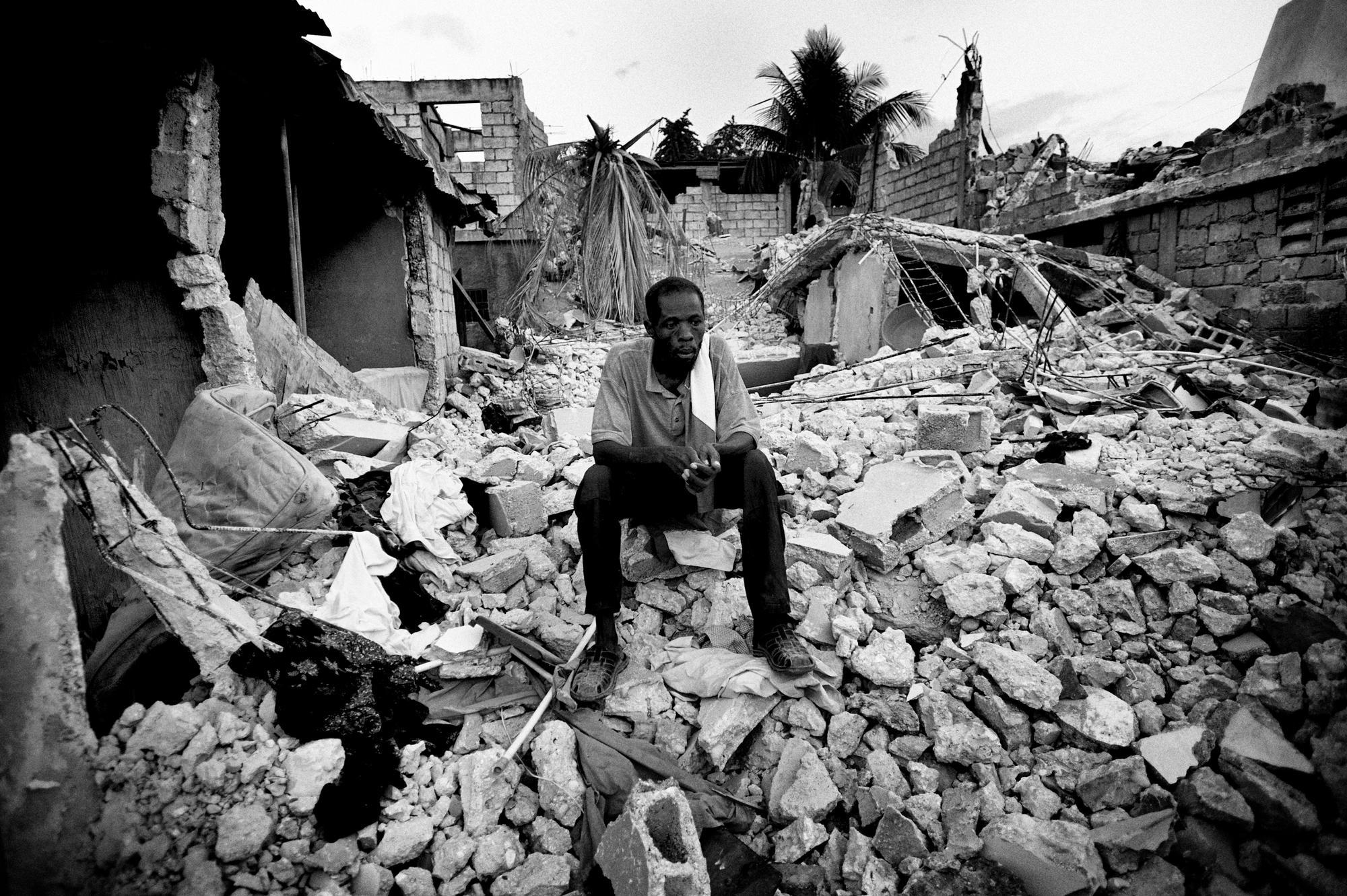
2012
The war in Syria
The humanitarian situation is deteriorating throughout the region. Millions of Syrians are seeking refuge, but the aid and medical assistance they are receiving is not enough. In early 2014, five MSF employees are kidnapped in Syria. Later that year, MSF decides to withdraw from territories controlled by the Islamic State group. Since 2011, MSF has been supporting a growing number of medical facilities in some of the areas most affected by the conflict.
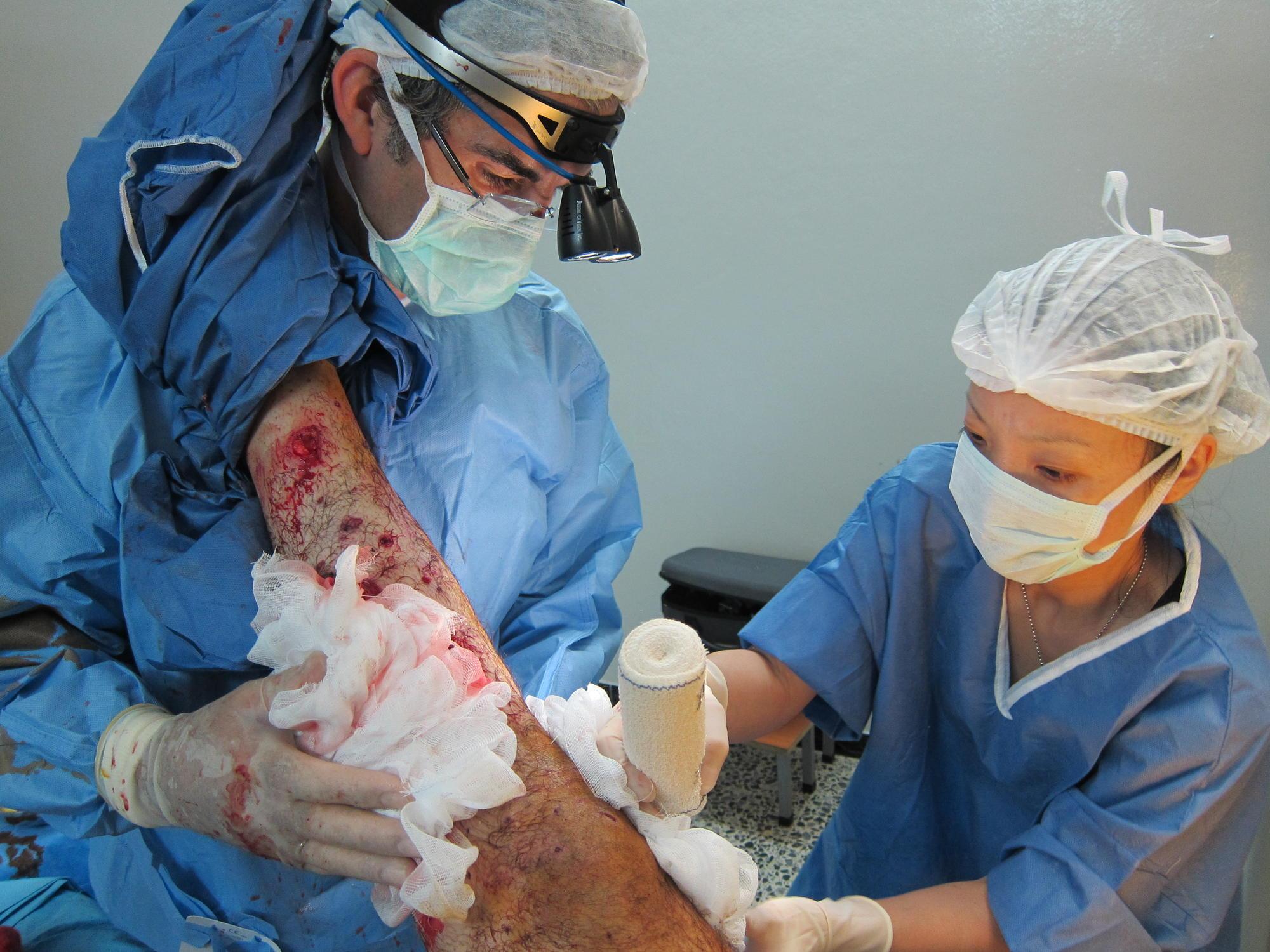
2013
Leaving Somalia
On 14 August, MSF closes all its programmes in Somalia, following several attacks on its team members, including the kidnapping of two staff members. The indifference, and even acceptance, of these attacks by the various actors with whom we were negotiating secure access, put an end to 22 years of MSF medical care in the country.
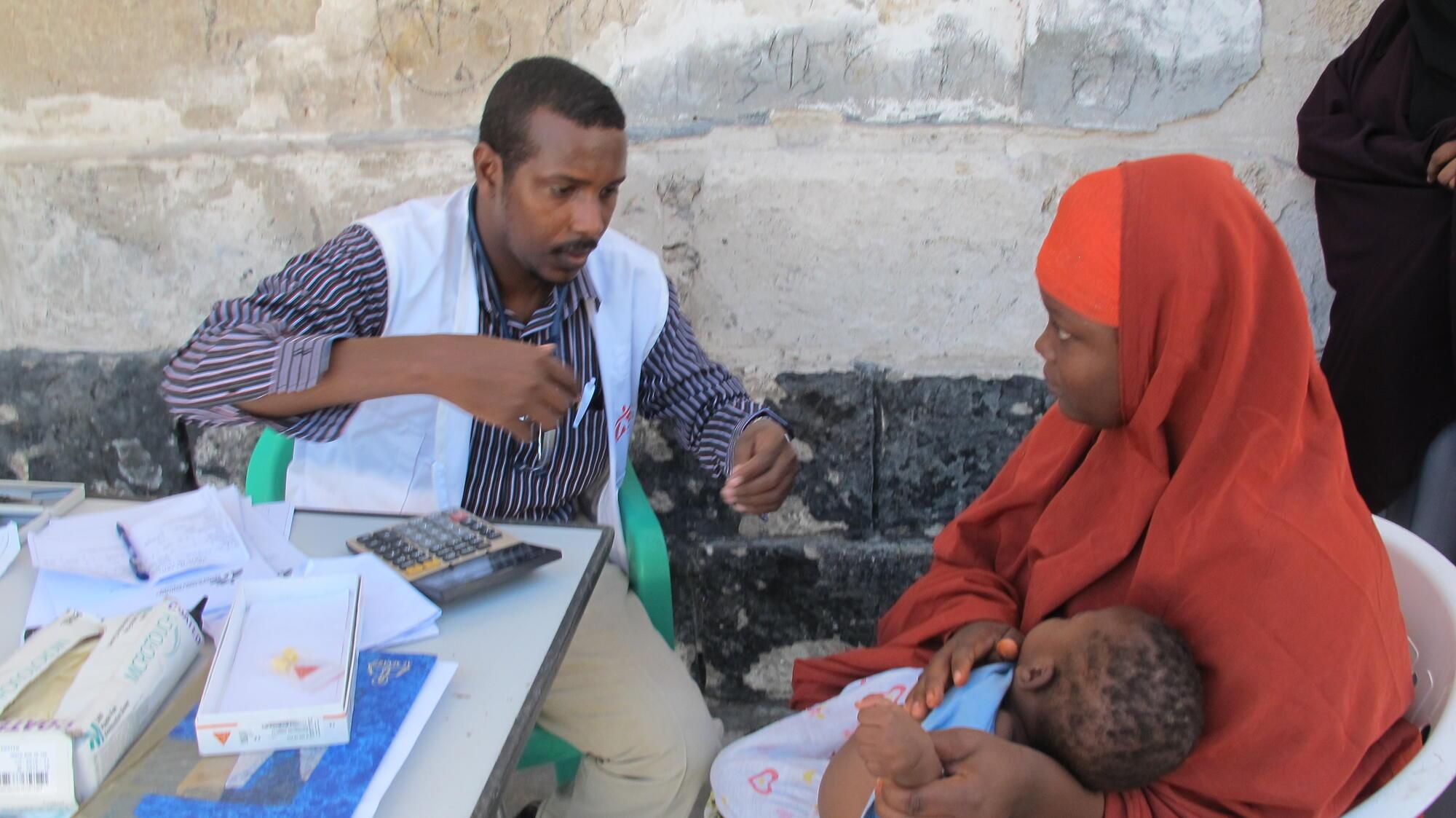
2014
Ebola epidemic
The largest Ebola epidemic in history is officially declared on 22 March in Guinea. It claims more than 11,300 lives in six West African countries, including more than 500 healthcare workers.
At the height of the epidemic, MSF employed nearly 4,000 national staff and more than 325 international staff. MSF admits a total of 10,376 patients to its Ebola care centers, of whom 5,226 are confirmed cases of Ebola. The epidemic ends in June 2016.
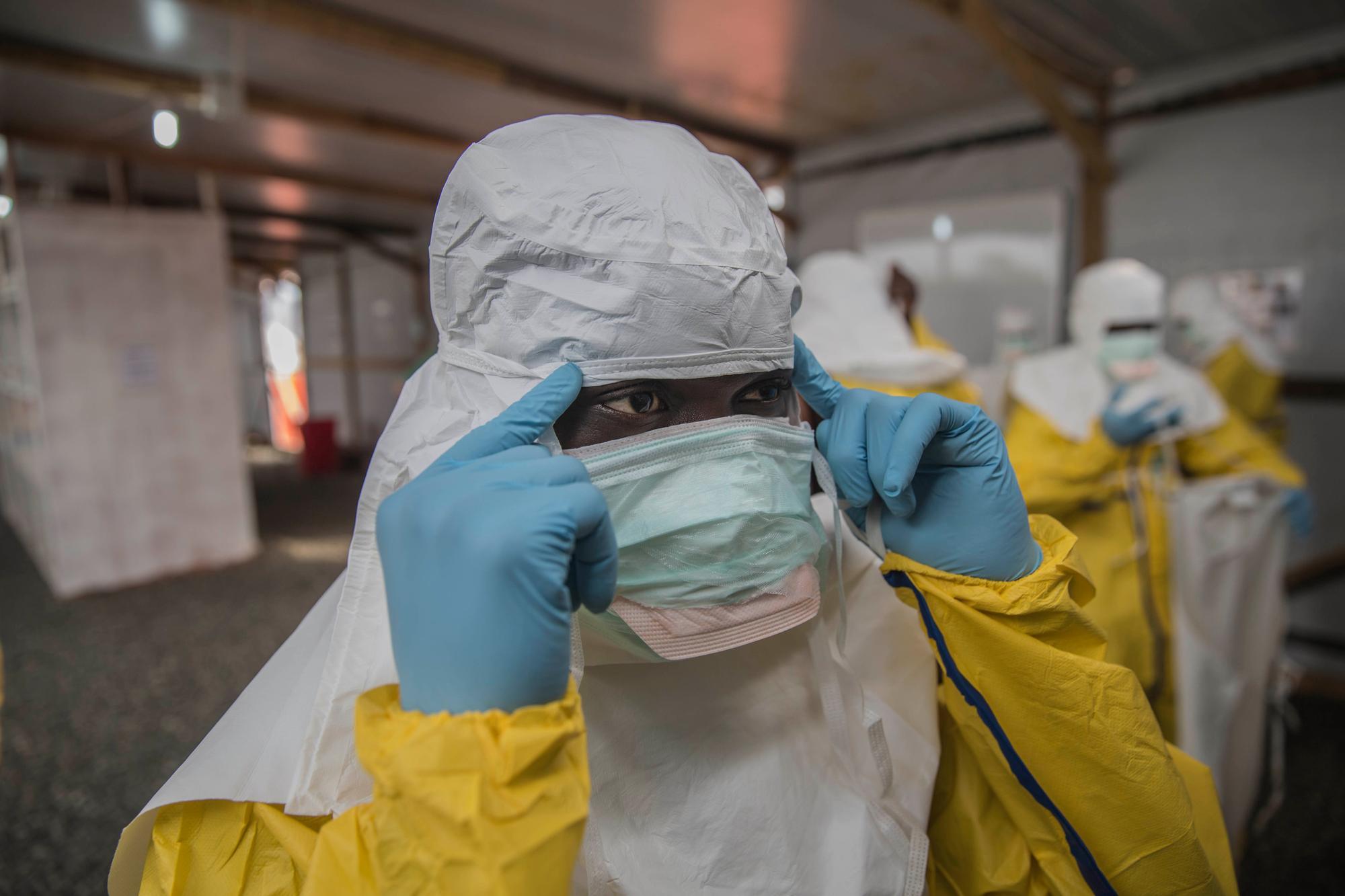
2014
War in Yemen
In the second half of 2014, a multi-faceted civil war breaks out in Yemen. Armed men from the Ansar Allah party clash with a Saudi-led coalition of Islamist groups, jihadist forces and a southern Yemeni independence movement. The already poor country is further devastated by the war, shattering an already fragile health system. Ordinary Yemenis struggle to access and pay for medical care, and a massive cholera epidemic in 2017 ravages the country again, killing thousands.
2015
Search and rescue operations in the central Mediterranean
Tens of thousands of migrants and refugees embark on perilous journeys across the central Mediterranean to reach Europe. In May, MSF and other NGOs begin conducting search and rescue (SAR) operations in the central Mediterranean.
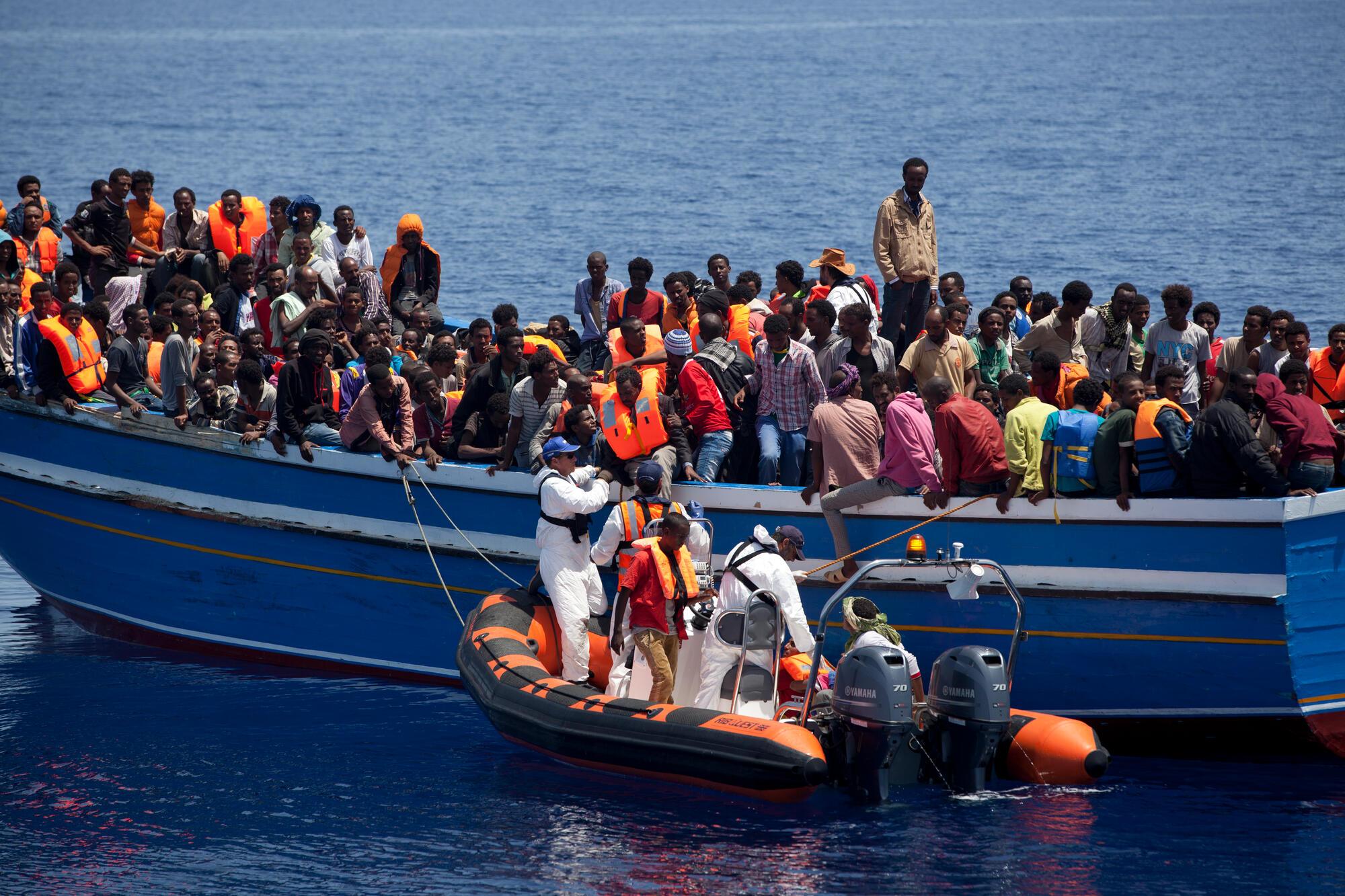
2015
Hospitals are not targets
On 3 October, a sustained US air strike kills 42 people and destroys MSF's trauma care centre in Kunduz, Afghanistan. In 2016, some 75 medical facilities managed and supported by MSF are attacked in Syria and Yemen.
On 3 May 2016, Dr Joanne Liu, MSF's international president, calls on the members of the UN Security Council to protect civilians and hospitals in war zones.
2016
MSF stops receiving funds from the EU and Member States
In June, MSF announces that it would no longer receive funding from the European Union and its Member States, in opposition to their harmful deterrence policies against refugees and migrants and their increasing attempts to push people and their suffering away from European shores. This decision is effective immediately and applies to our projects worldwide.
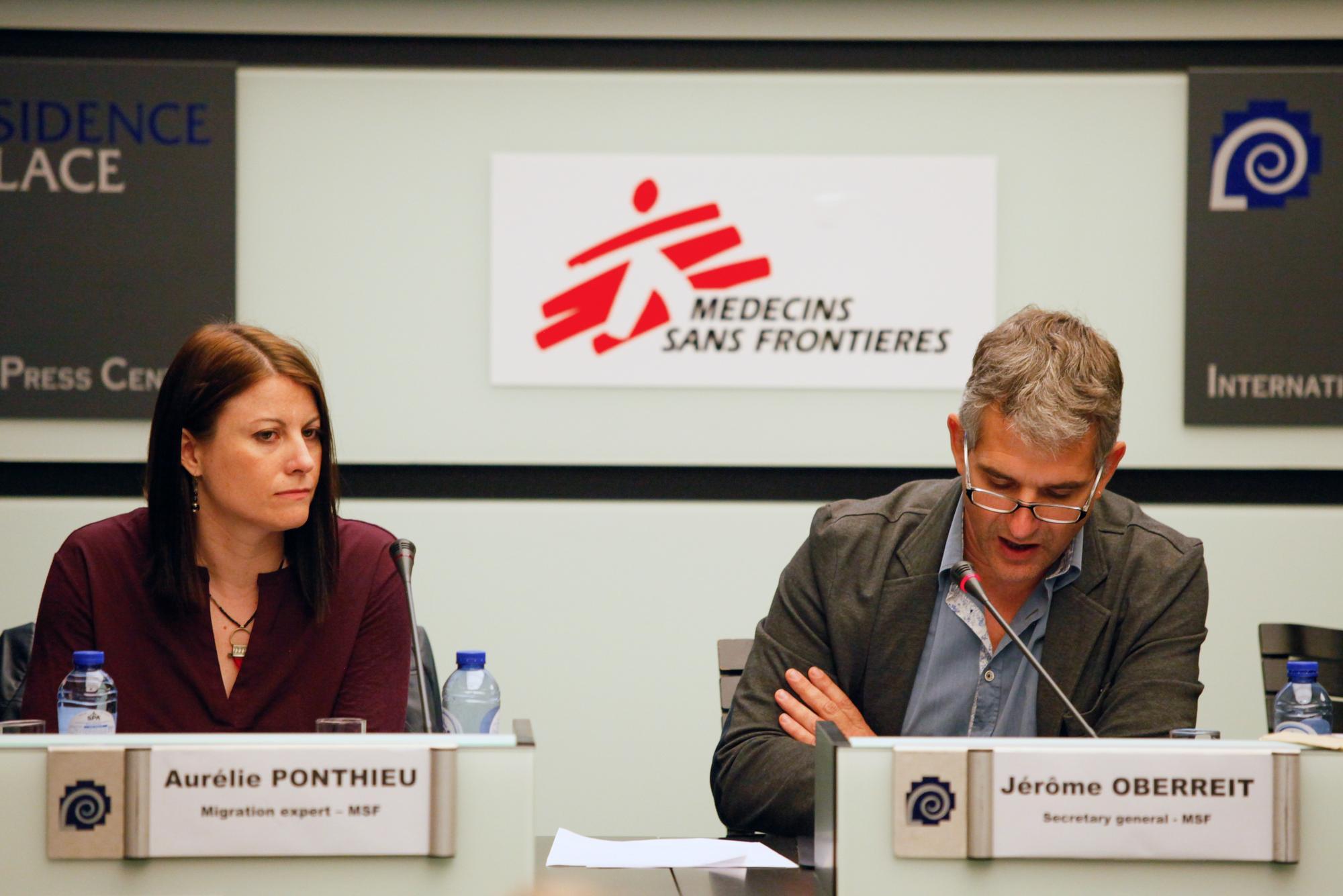
2017
European governments are fuelling the business of suffering
MSF International President Joanne Liu sends an open letter to European government leaders: "The detention of migrants and refugees in Libya is rotten to the core. It must be named for what it is: a thriving business of abduction, torture and extortion. And European governments have chosen to contain people in this situation."
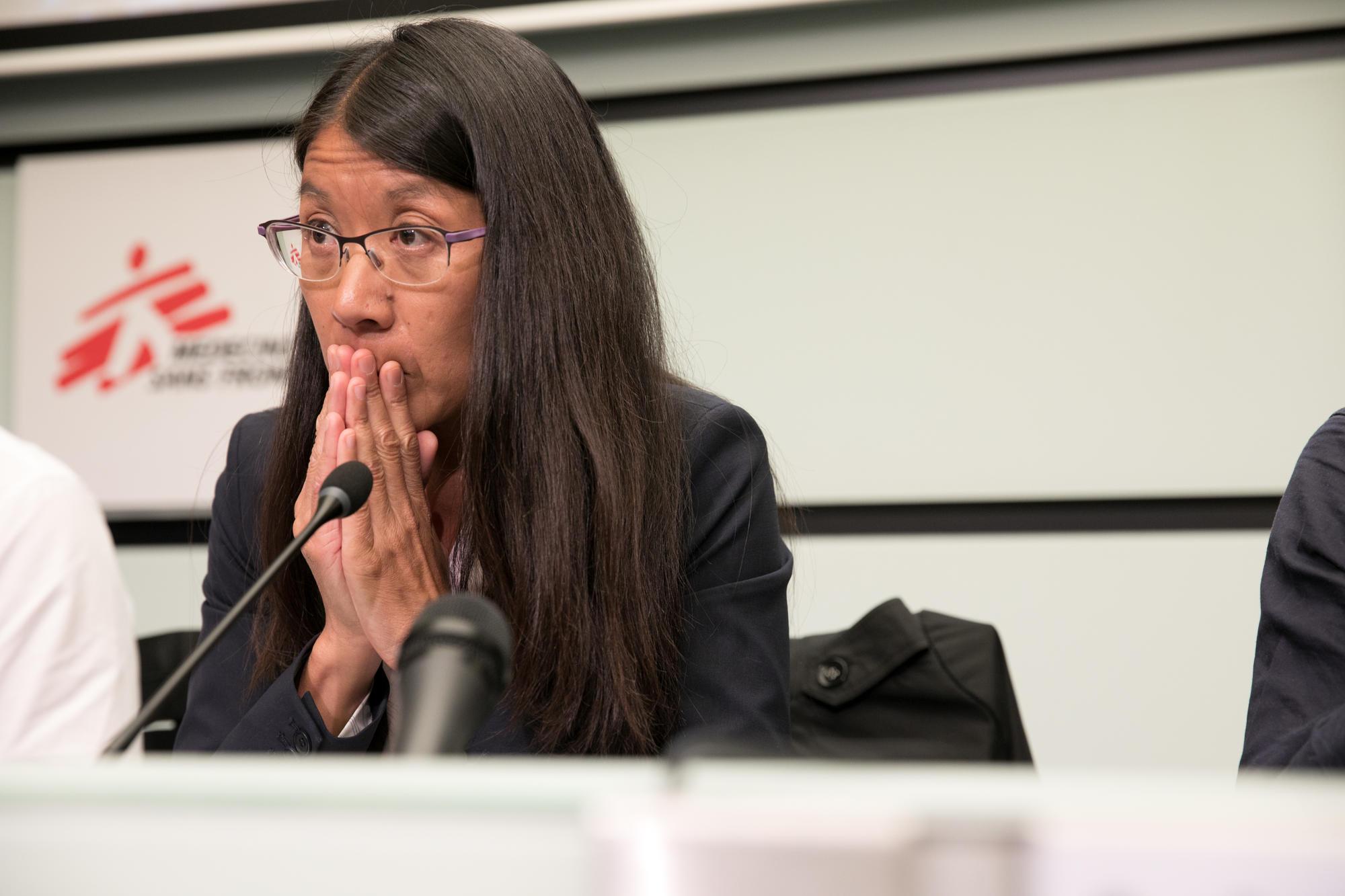
2017
Returning to Somalia
After withdrawing from the country in 2013, MSF opens a nutrition programme in the Puntland region. Although the security situation has not improved, our commitment to the Somali population, who are facing extreme suffering, has led us to resume our activities. The scale of our activities remains limited and our ability to operate depends largely on the acceptance and active support we receive from the host authorities and communities.
2017
The Rohingya refugee crisis
Since 25 August, more than 655,000 Rohingya have fled to Bangladesh following targeted violence against them in Myanmar's neighbouring Rakhine state.
Most of them are living in dire conditions in refugee camps. In response, MSF is expanding its operations in the region, covering water, sanitation and medical activities for the refugees.
2018
Successive Ebola epidemics in the DRC
An outbreak of Ebola in Equateur province in the north-west of the Democratic Republic of Congo (DRC) in May is the start of two-and-a-half years of multiple outbreaks of the deadly disease in the country. Responders struggle to contain a long-running epidemic that began in August 2018 in the provinces of North Kivu, South Kivu and Ituri, due to the complexity of working in a conflict zone and the inability to gain the trust of communities. The three outbreaks collectively claim more than 2,300 lives.
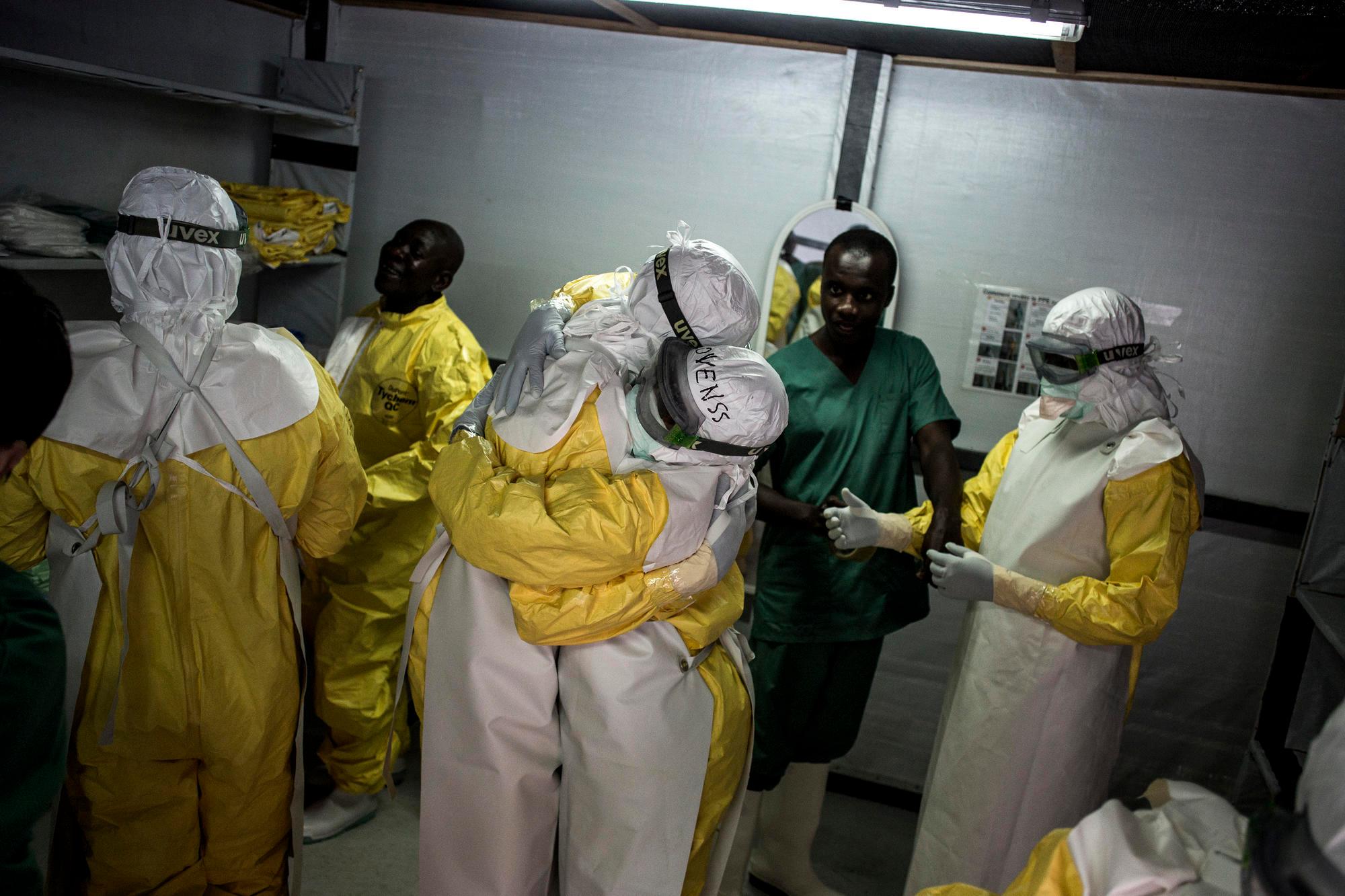
2018
Return to Palestine
Between March 2018 and December 2019, the Israeli army fires on nearly 8,000 Palestinians demonstrating every week for the right to access their ancestral lands at the fence that separates Gaza from Israel. People are left with broken bones, and the need for specialist treatment of complex injuries is far beyond the capacity of the local authorities and MSF. We are massively increasing our surgical and rehabilitation activities, but the difficulties persist in an area that has been under blockade for a decade.
2018
Punished for needing to leave
Governments around the world have tightened their borders and migration policies, accentuating the trend to keep migrants and refugees out. People attempting to leave Libya via the Mediterranean Sea have been intercepted repeatedly. People crossing Central America have faced unimaginable levels of violence. We have stepped up our response to migration, but not without setbacks; we have been forced to halt search and rescue operations due to the closure of Italian ports, and Nauru has expelled our teams trying to provide support to migrants trapped on this tiny South Pacific island.
2019
Large-scale measles outbreaks in Africa
The number of people suffering from measles is at its highest level in 25 years. Several countries on the African continent have experienced outbreaks of this highly contagious disease. Thousands of children have died worldwide. The DRC was particularly hard hit, where MSF teams used boats to find villages along rivers to provide vaccines as part of vaccination campaigns. MSF teams also responded to epidemics in Cameroon, Nigeria and Chad, among other countries.
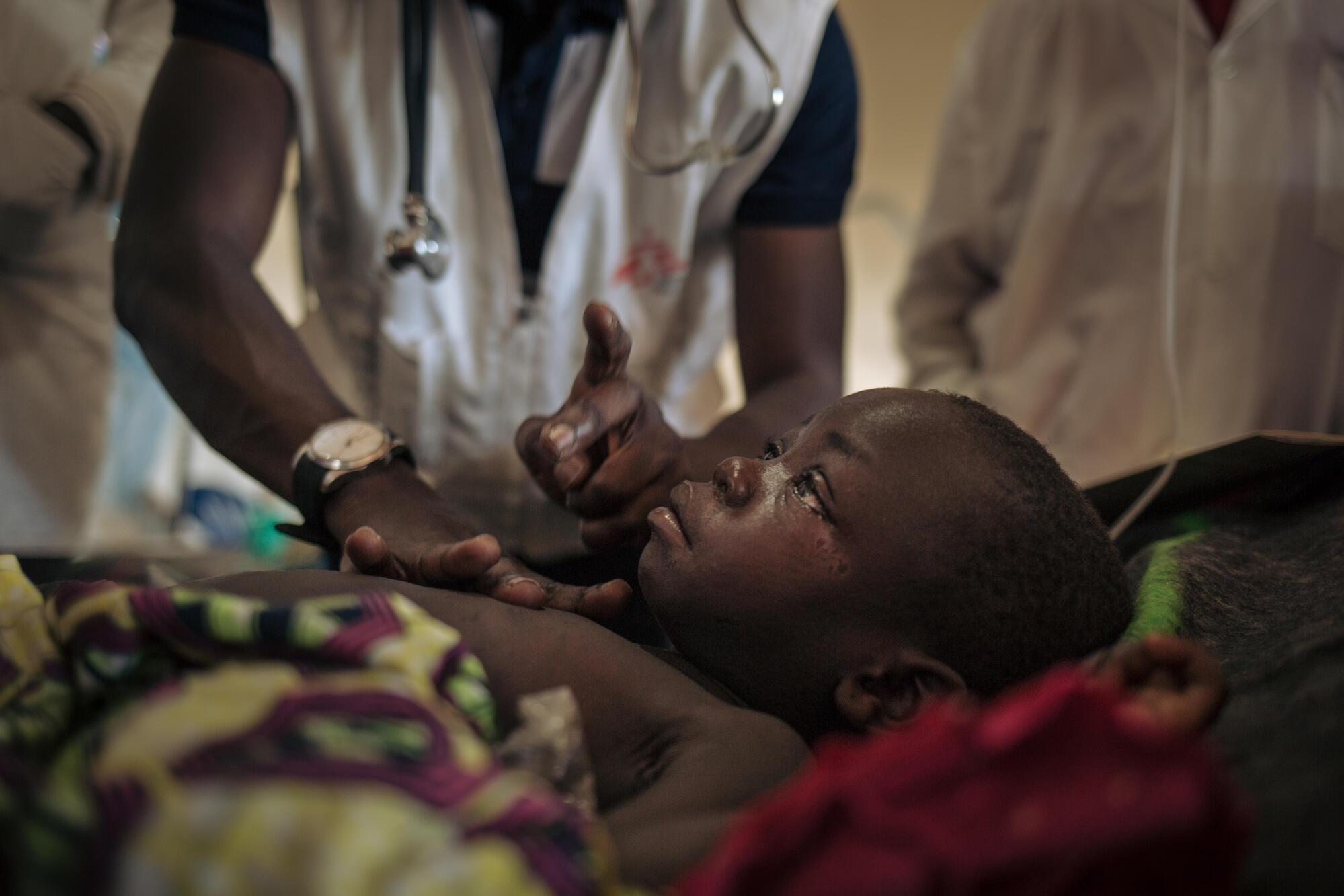
2019
90-90-90 HIV targets achieved in KwaZulu-Natal
One year ahead of the deadline set by UNAIDS, MSF's HIV project in Eshowe, in the province of KwaZulu-Natal, South Africa, has achieved the 90-90-90 targets. These targets aim to ensure that 90% of people know their HIV status, that 90% of HIV-positive people are on treatment and that 90% of people on treatment are virally suppressed. This has been achieved thanks to the ongoing commitment of the community.
2020
Mothers killed in Dasht-e-Barchi, Afghanistan
On 12 May, a group of armed men stormed our maternity ward at Dasht-e-Barchi hospital in Kabul, Afghanistan, deliberately targeting women in labour and new mothers. The attackers killed 16 women, 2 boys and an MSF midwife. Due to the insecurity and the inability to guarantee patient safety, we took the difficult decision to withdraw, leaving the women of the region without comprehensive maternity care.
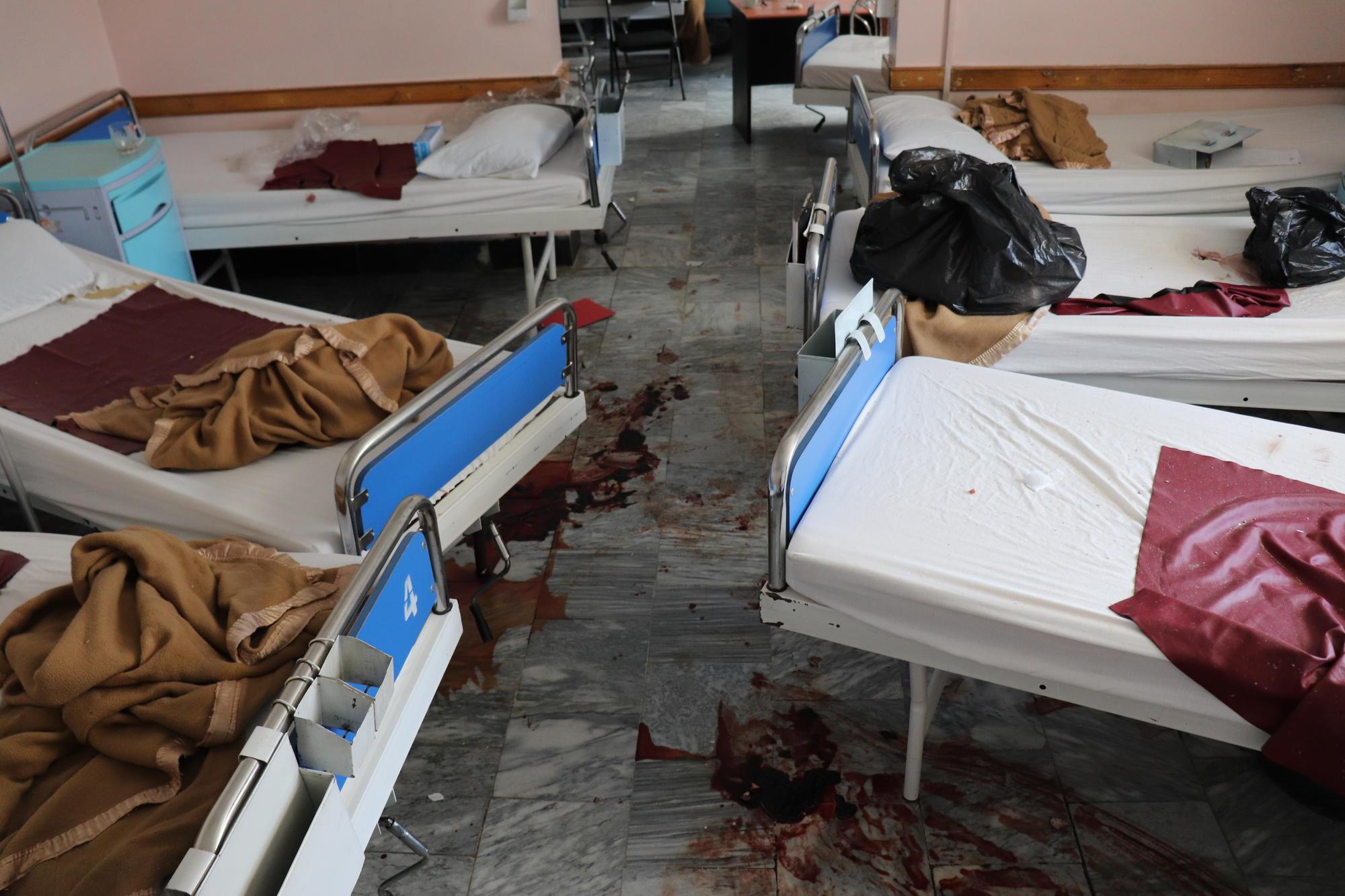
2020
COVID-19 pandemic
An epidemic of a new coronavirus is turning into a global pandemic, with COVID-19 infecting nearly 85 million people and killing nearly 2 million in 2020 alone. In the face of growing difficulties, MSF teams work to maintain access to care and to respond to the pandemic, both in the countries where we work and in those where we have never had to intervene before. We also call on pharmaceutical companies not to profit from the pandemic and to ensure a fair and equitable distribution of vaccines.
Our MSF charter
Médecins Sans Frontières is a private association with an international vocation.
The majority of the association's members are doctors and members of the health professions, and it is open to other professions that are useful to its mission. All members pledge their commitment to the following principles:
Médecins Sans Frontières provides aid to populations in distress, to victims of natural or man-made disasters, and to victims of belligerent situations, without any discrimination as to race, religion, philosophy or politics.
Médecins Sans Frontières works in a neutral and impartial manner and, in the name of universal medical ethics and the right to humanitarian assistance, claims full and complete freedom to carry out its work.
They undertake to respect the ethical principles of their profession and to maintain complete independence from any power, as well as from any political, economic or religious force.
As volunteers, they are aware of the risks and perils of the missions they carry out and will not claim for themselves or their beneficiaries any compensation other than that which the association is able to provide.

MSF's commitment to these principles and their impact earned it the Nobel Peace Prize in 1999.
